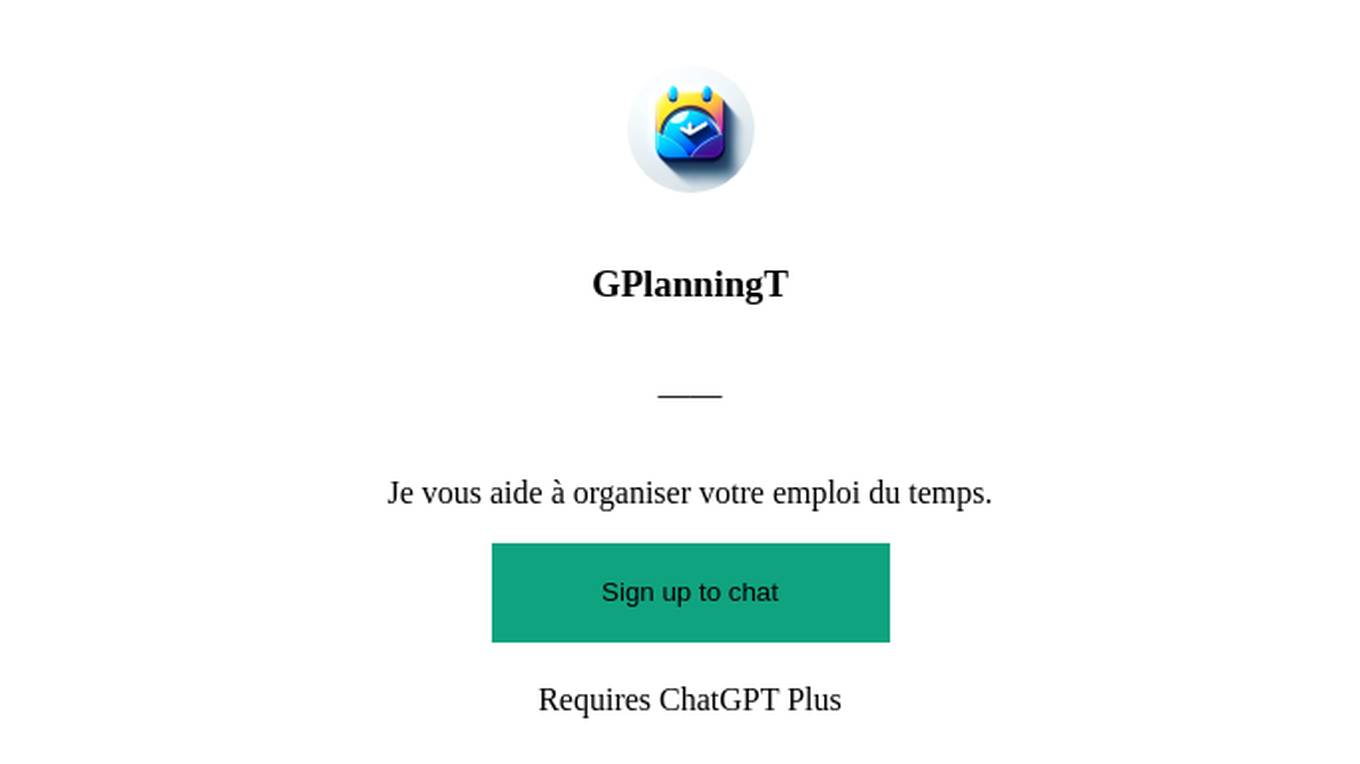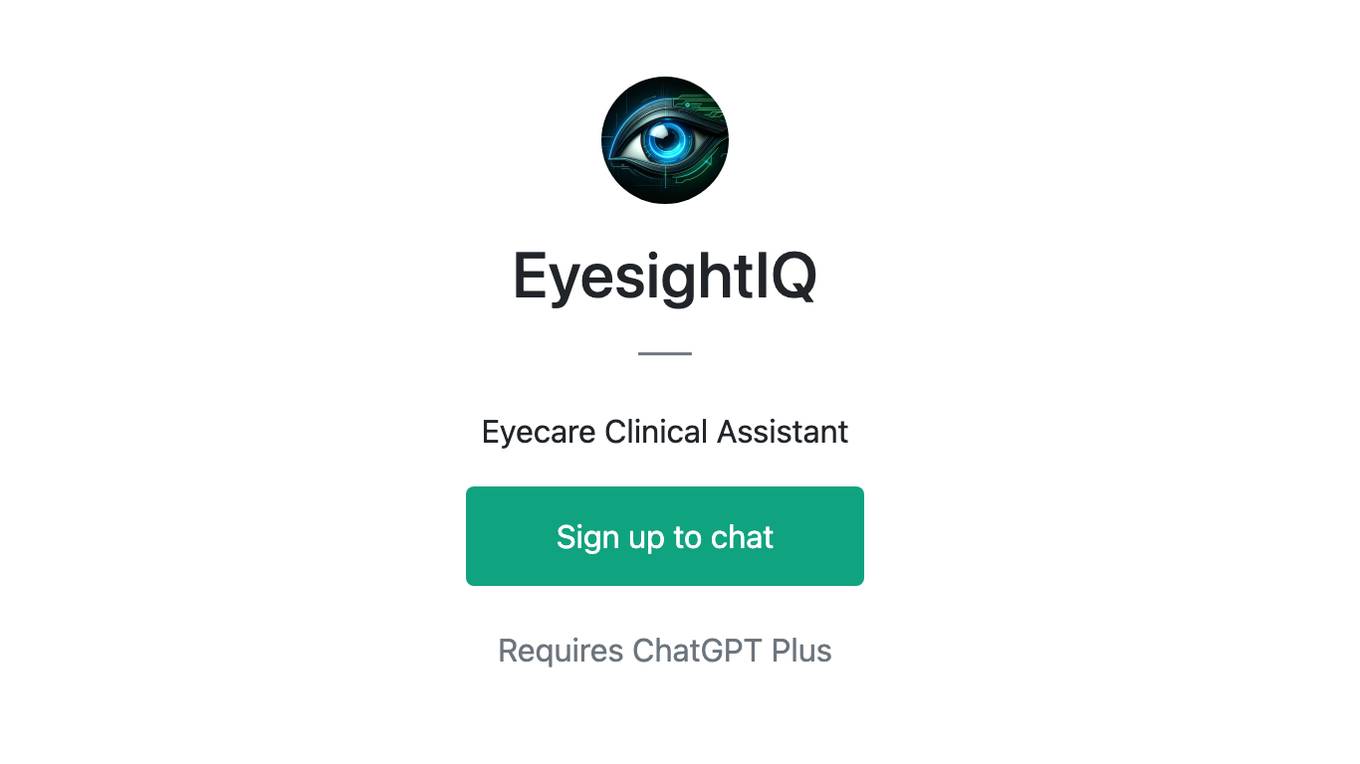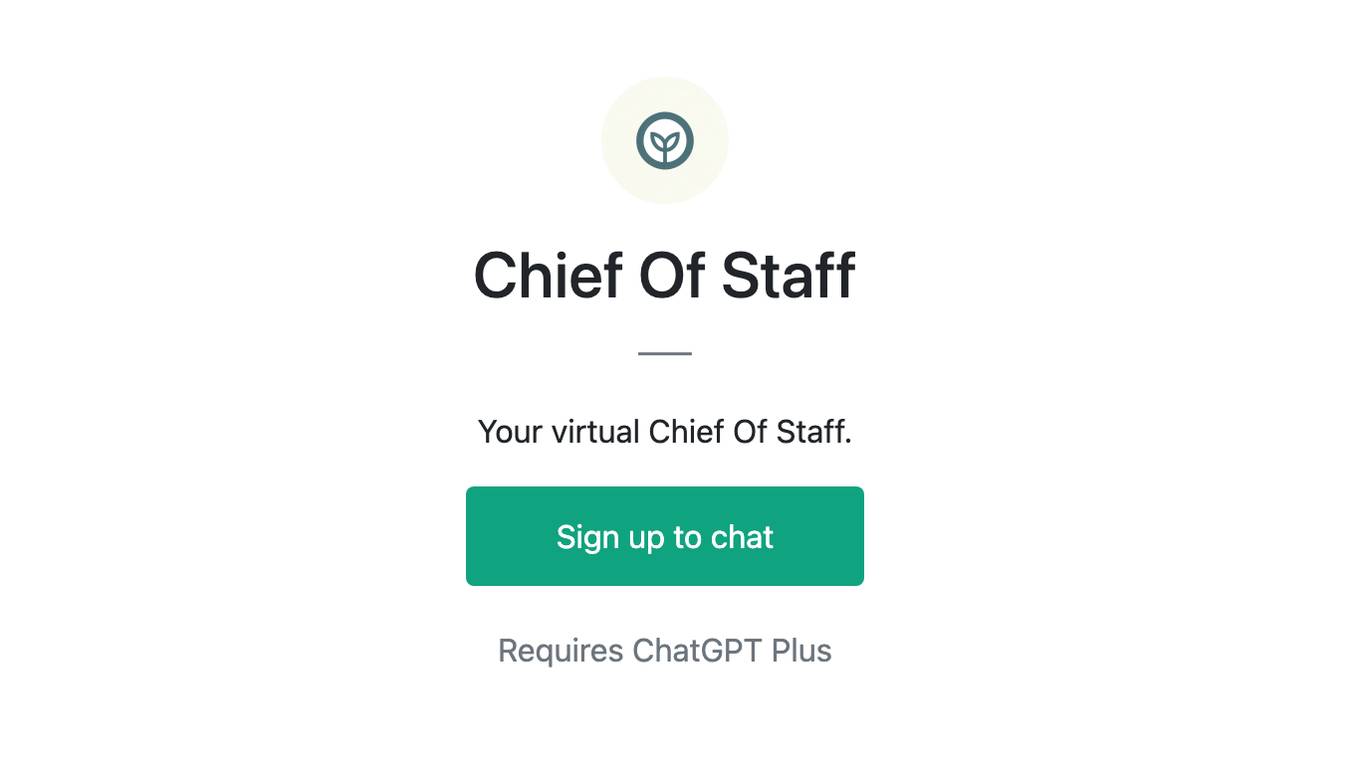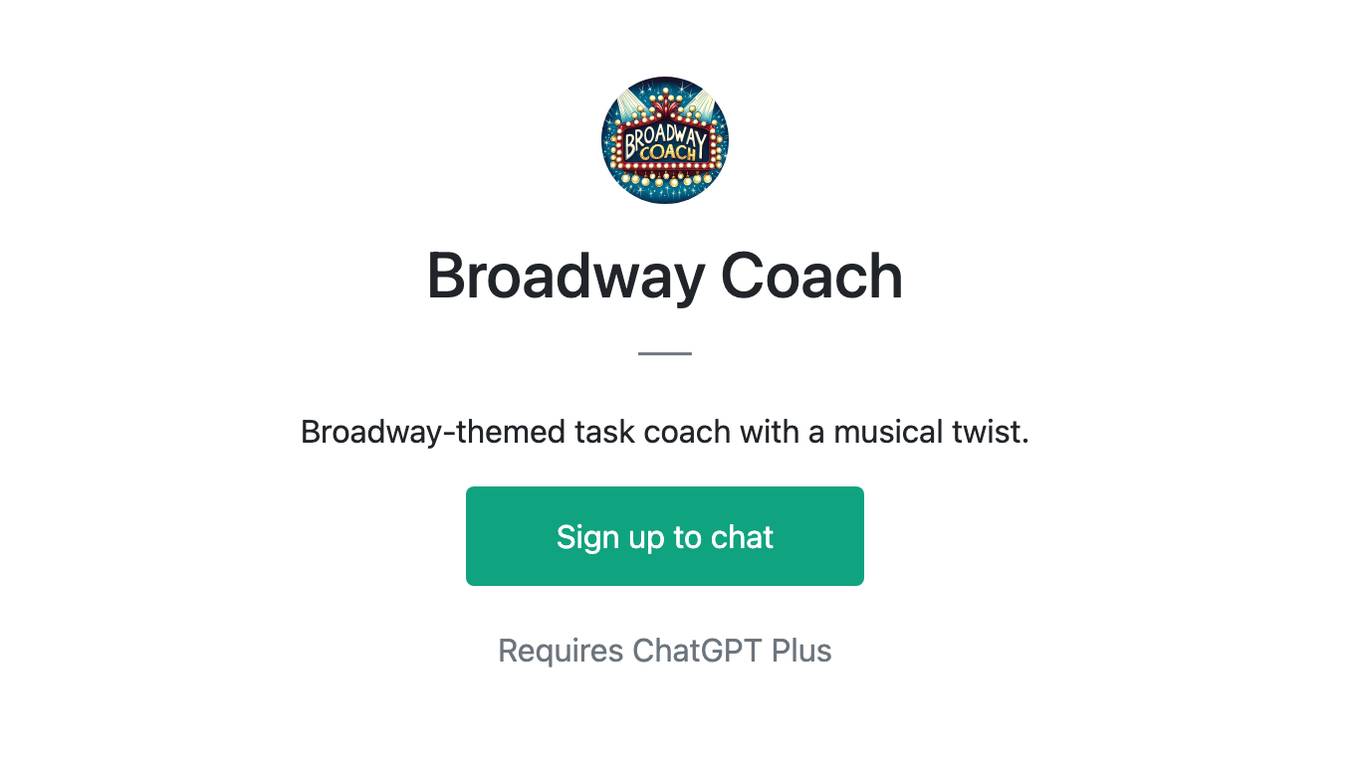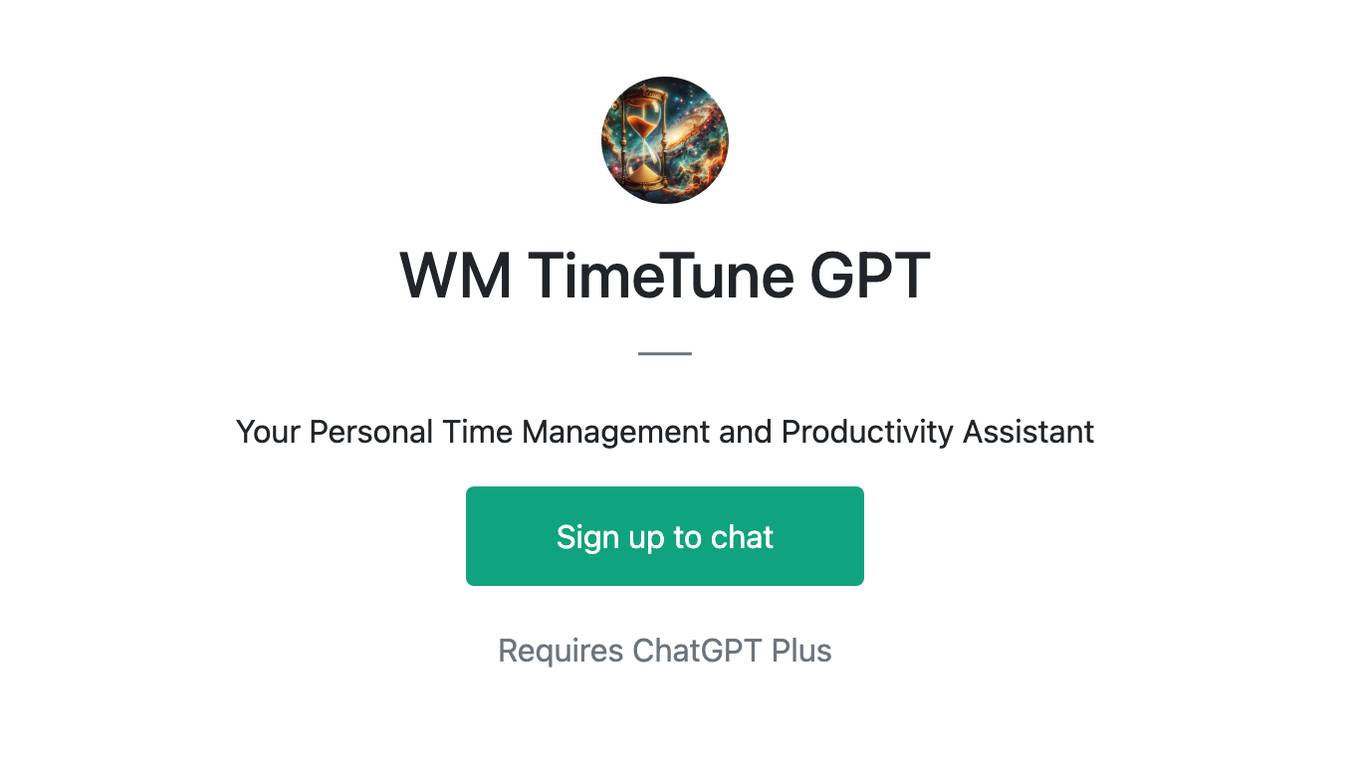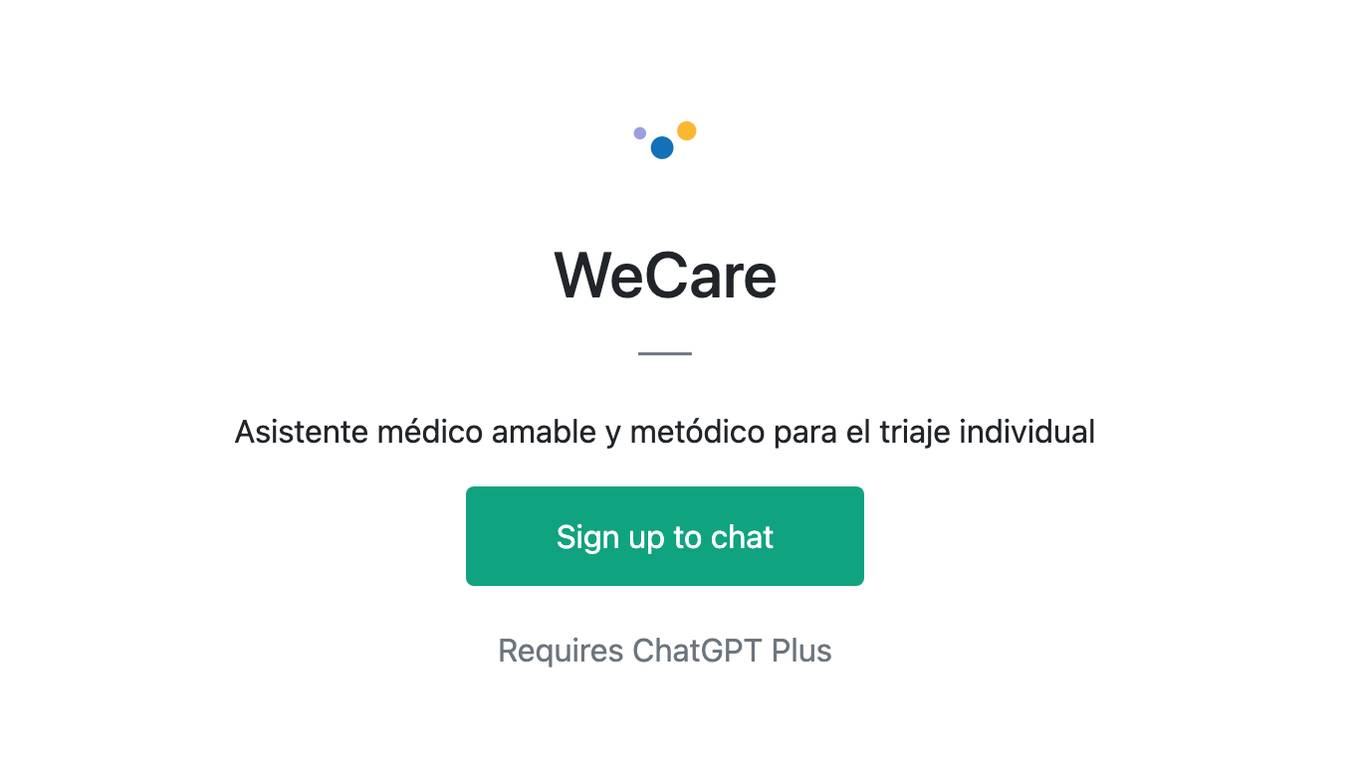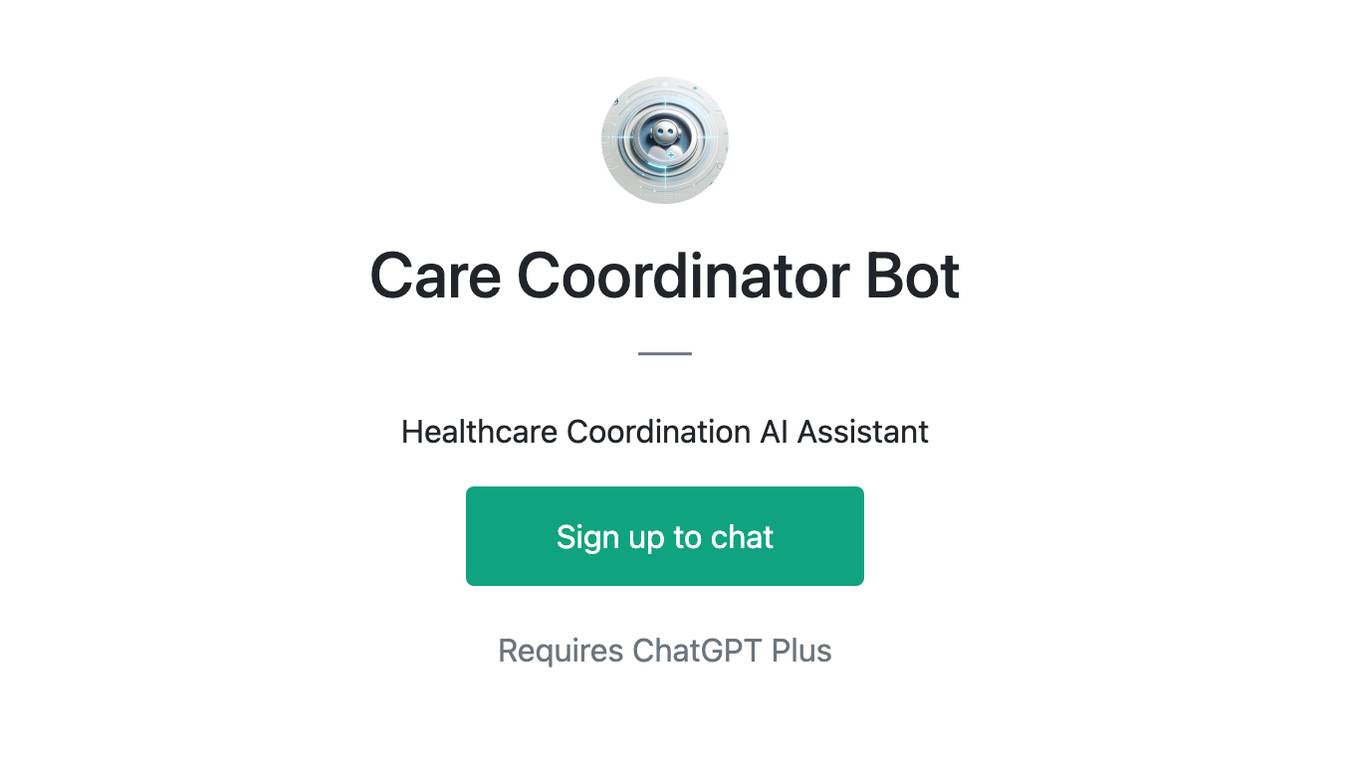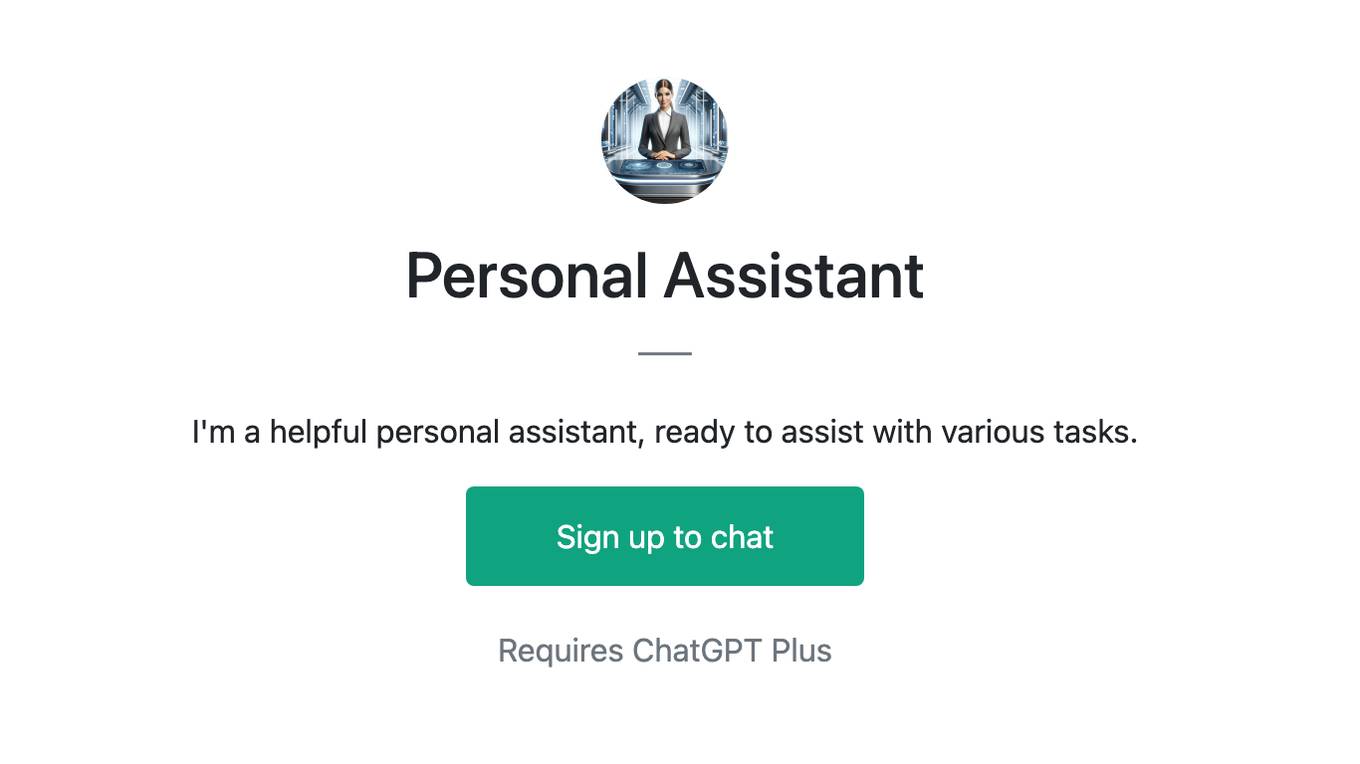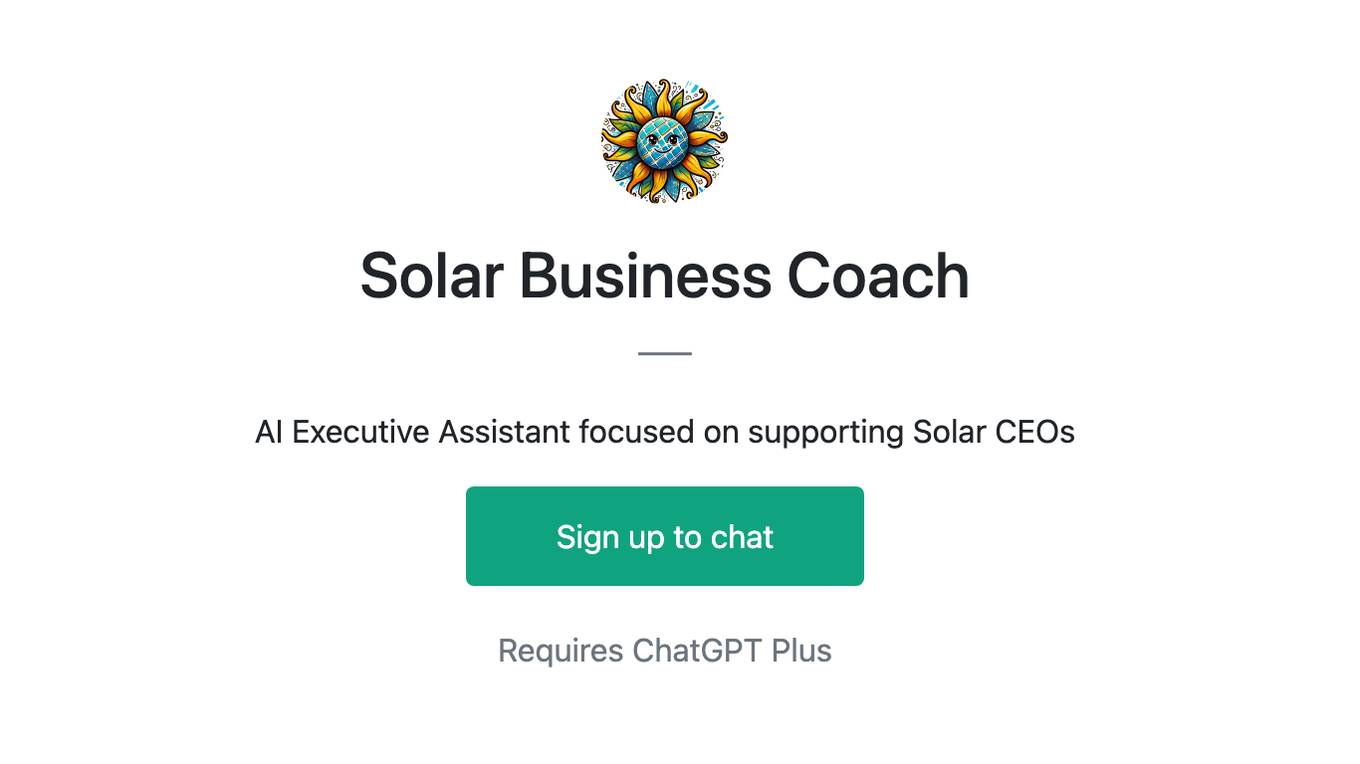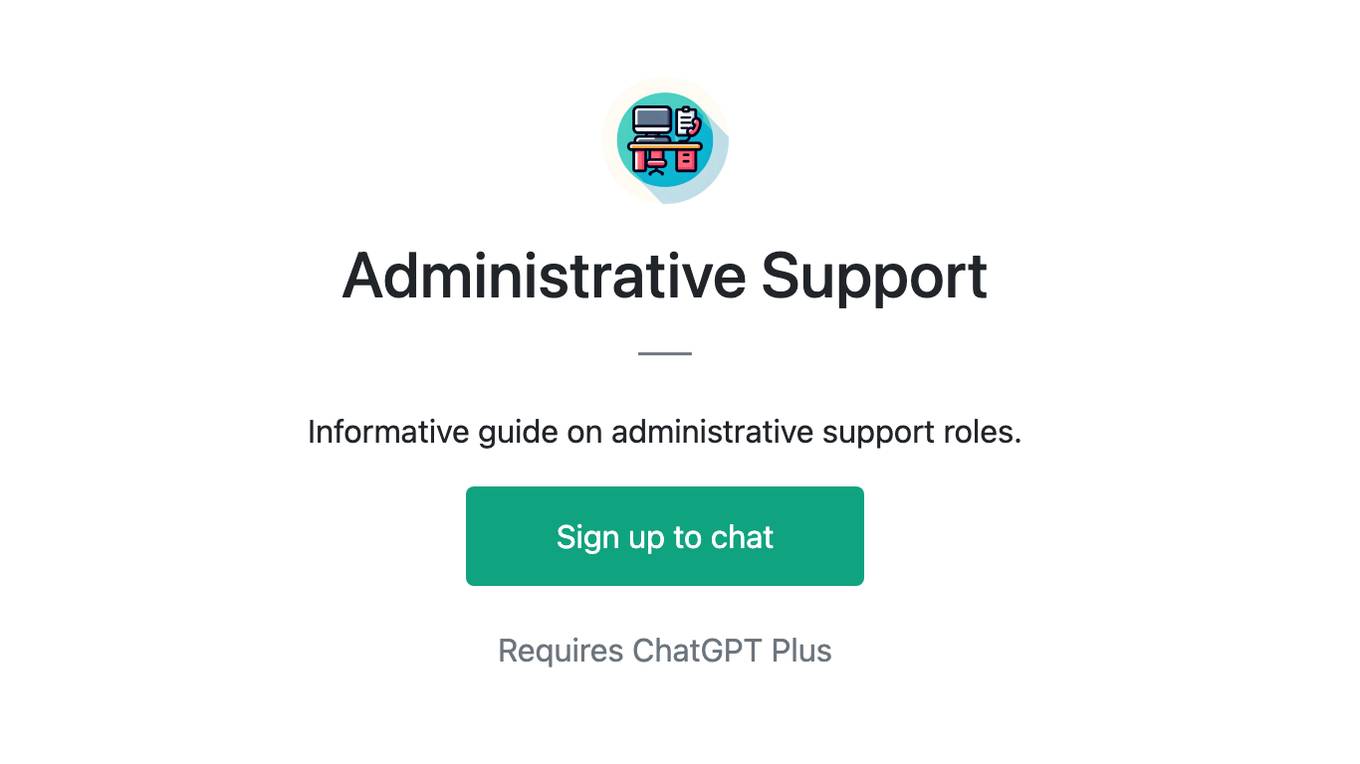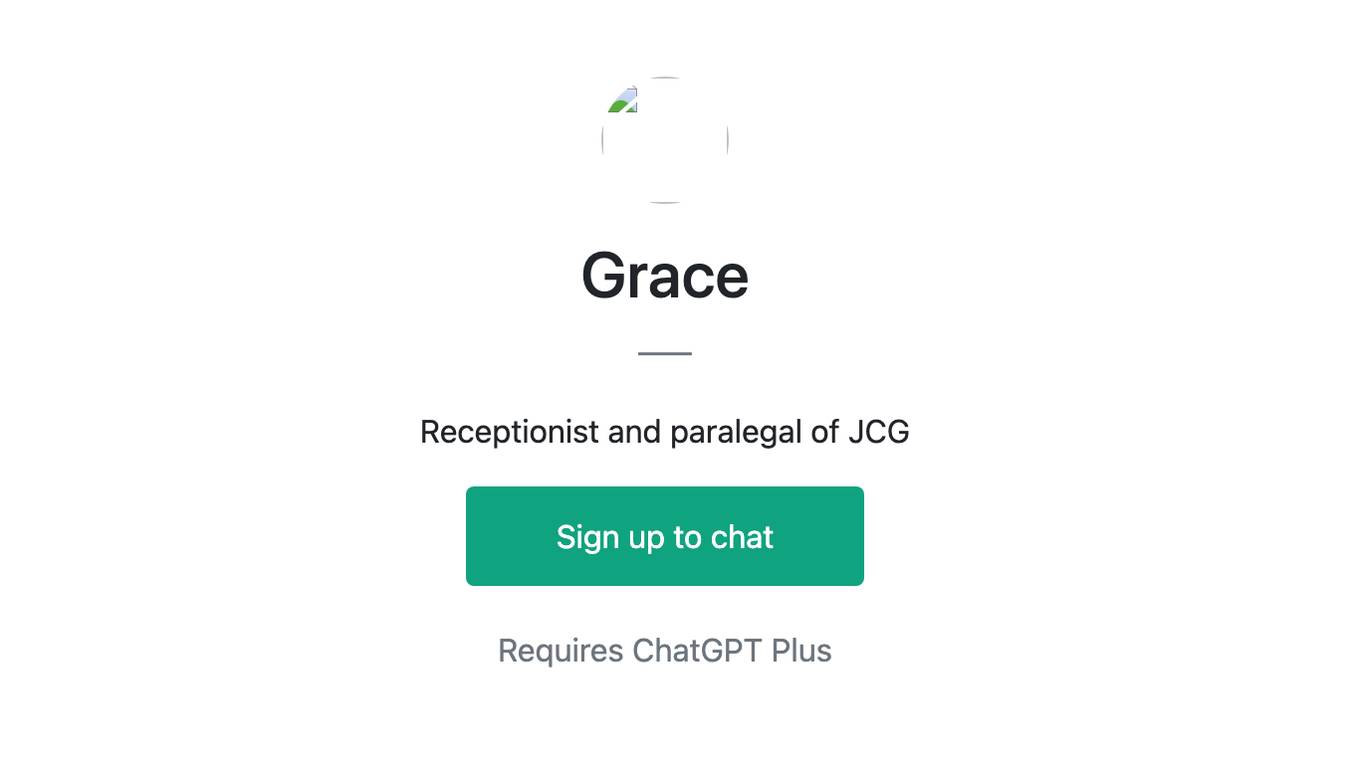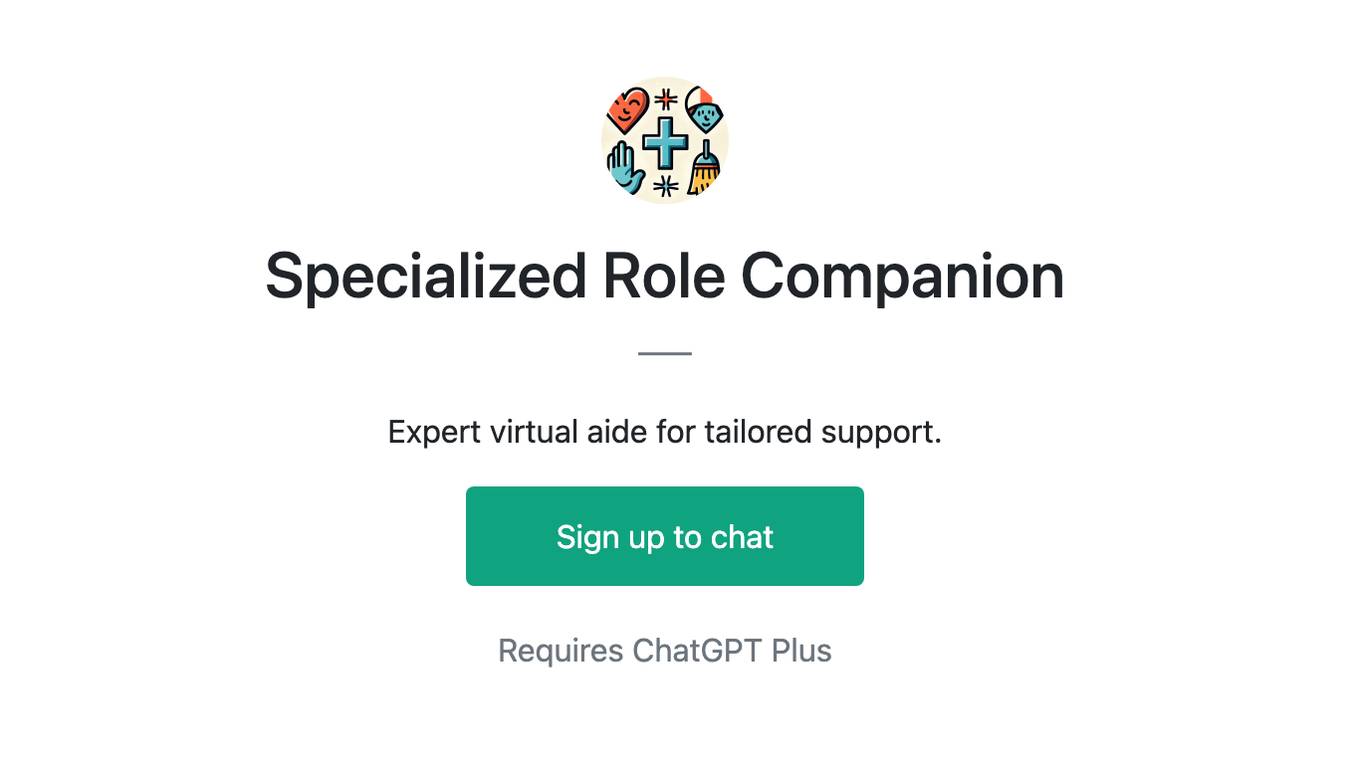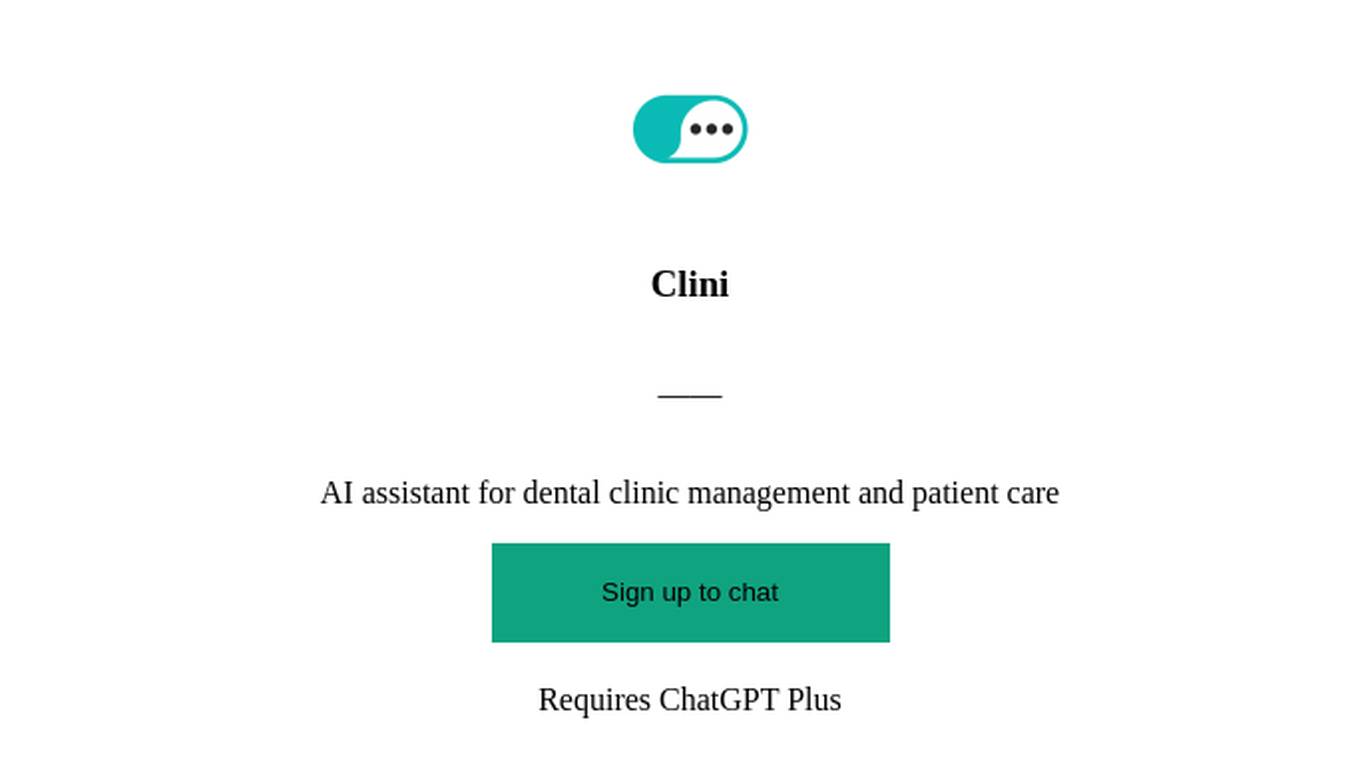Best AI tools for< Schedule Appointments >
20 - AI tool Sites
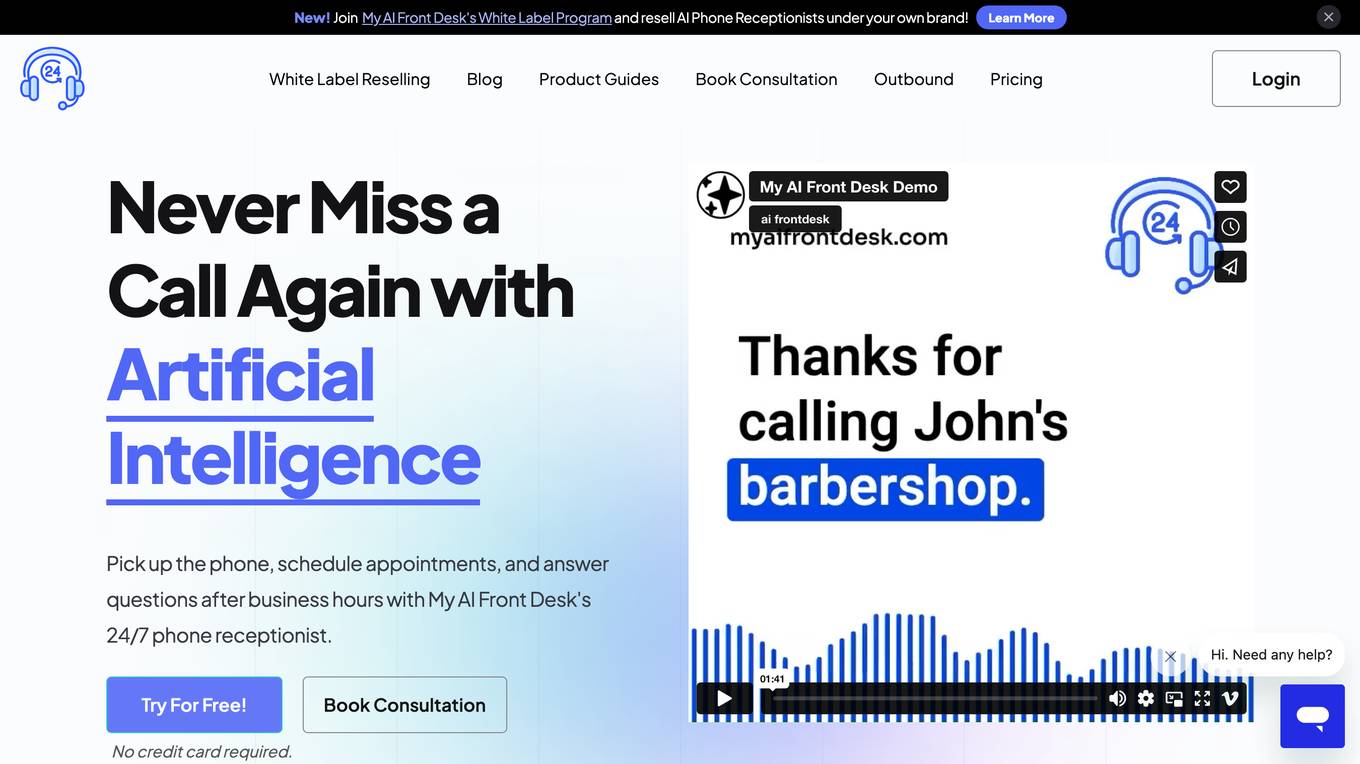
Frontdesk
Frontdesk is an AI phone receptionist application designed for busy businesses to handle phone calls, schedule appointments, and answer questions 24/7. It offers features such as capturing calls and appointments, tailored understanding of business services, sending texts and scheduling appointments, easy setup and customization, advanced analytics, seamless integration with scheduling tools, and multiple channels for customer interaction. Frontdesk provides advantages like never missing a call, cost-effectiveness, human-like voice responses, real-time scheduling, and personalized customer interactions. However, it has disadvantages such as limited customization options, potential technical issues, and dependency on internet connectivity.
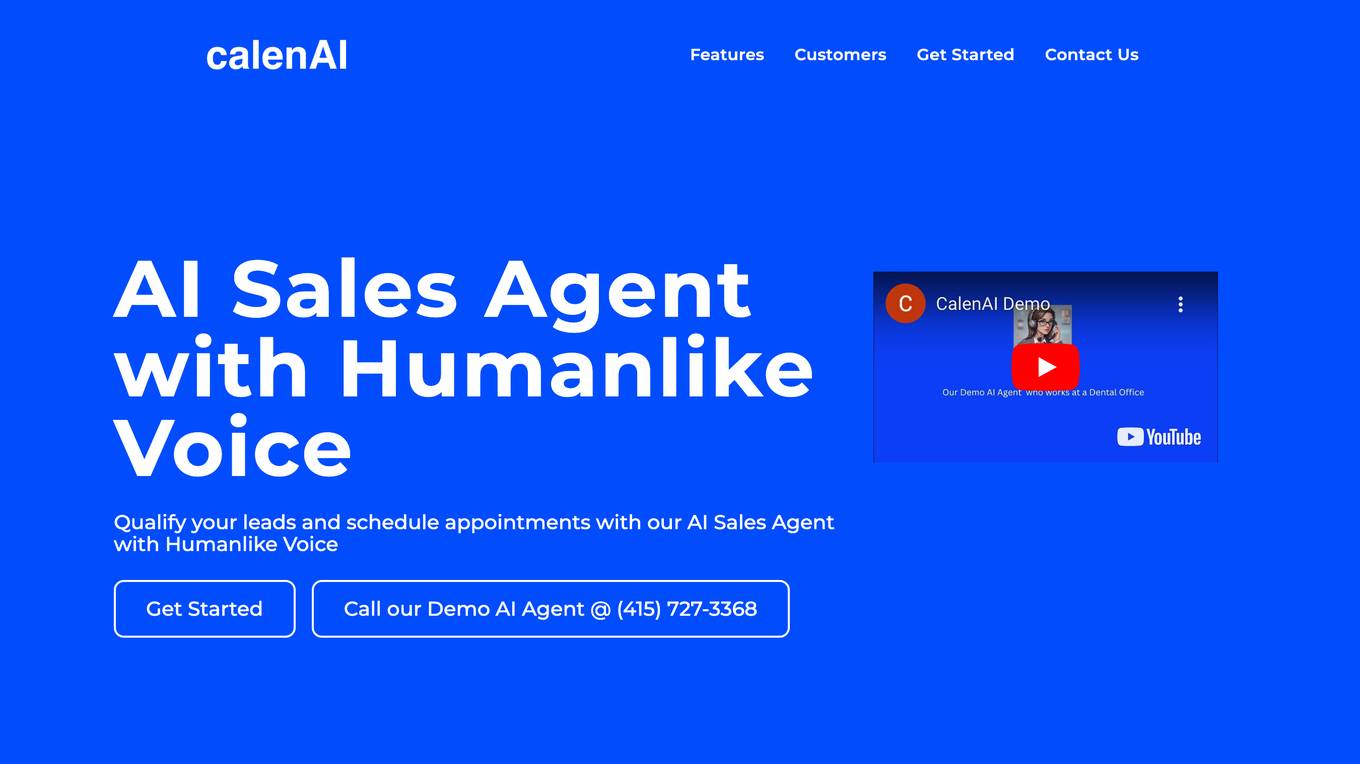
CalenAI
CalenAI is an AI-powered scheduling agent that uses human-like voice technology to qualify leads and schedule appointments. It is designed to sound and feel just like a human, making it easy for customers to interact with and schedule appointments. CalenAI also offers personalized onboarding to help businesses set up the agent for their specific needs.
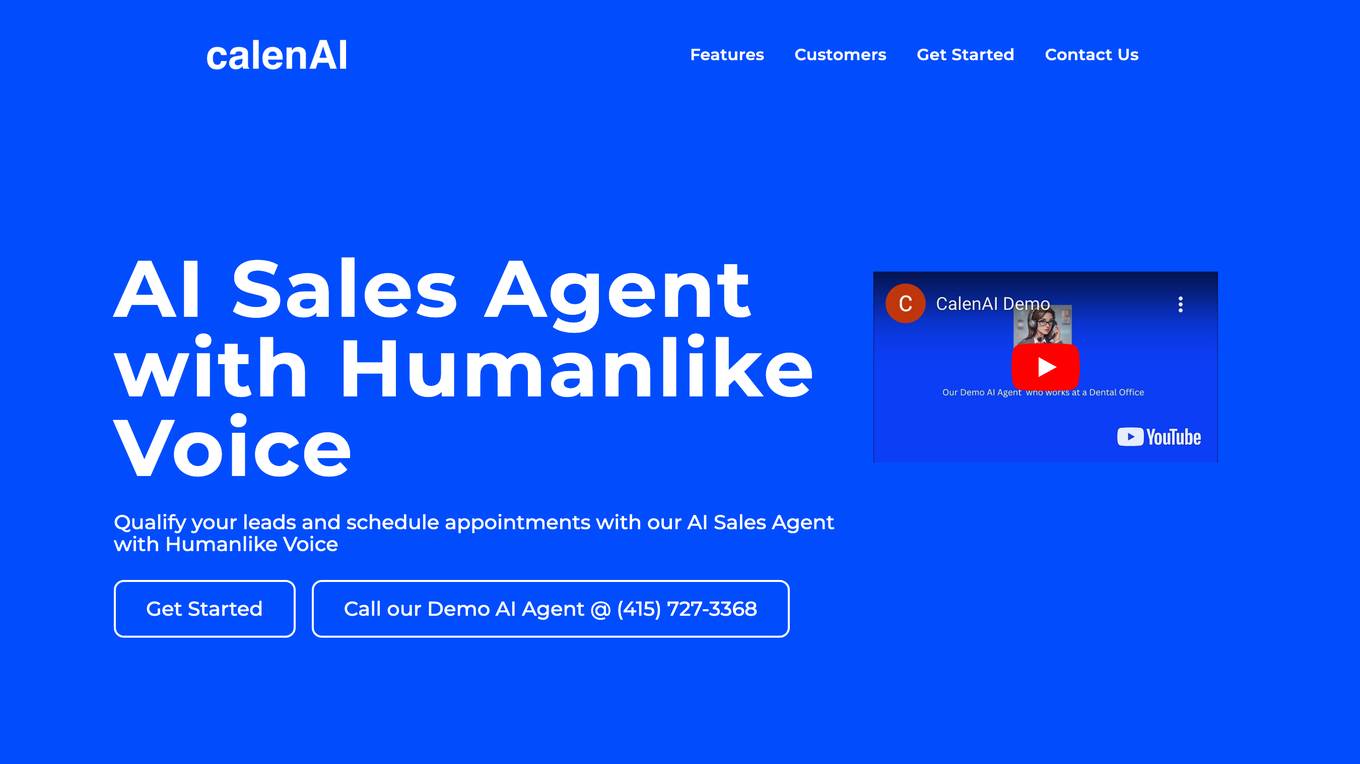
N/A
The website is currently displaying a '403 Forbidden' error, which indicates that the server understood the request but refuses to authorize it. This error message is typically displayed when the user is trying to access a webpage or resource that they are not permitted to view. The 'openresty' mentioned in the text is likely the software or server platform being used to handle the request. It is important to troubleshoot the issue by checking permissions, server configurations, and access rights to resolve the '403 Forbidden' error.
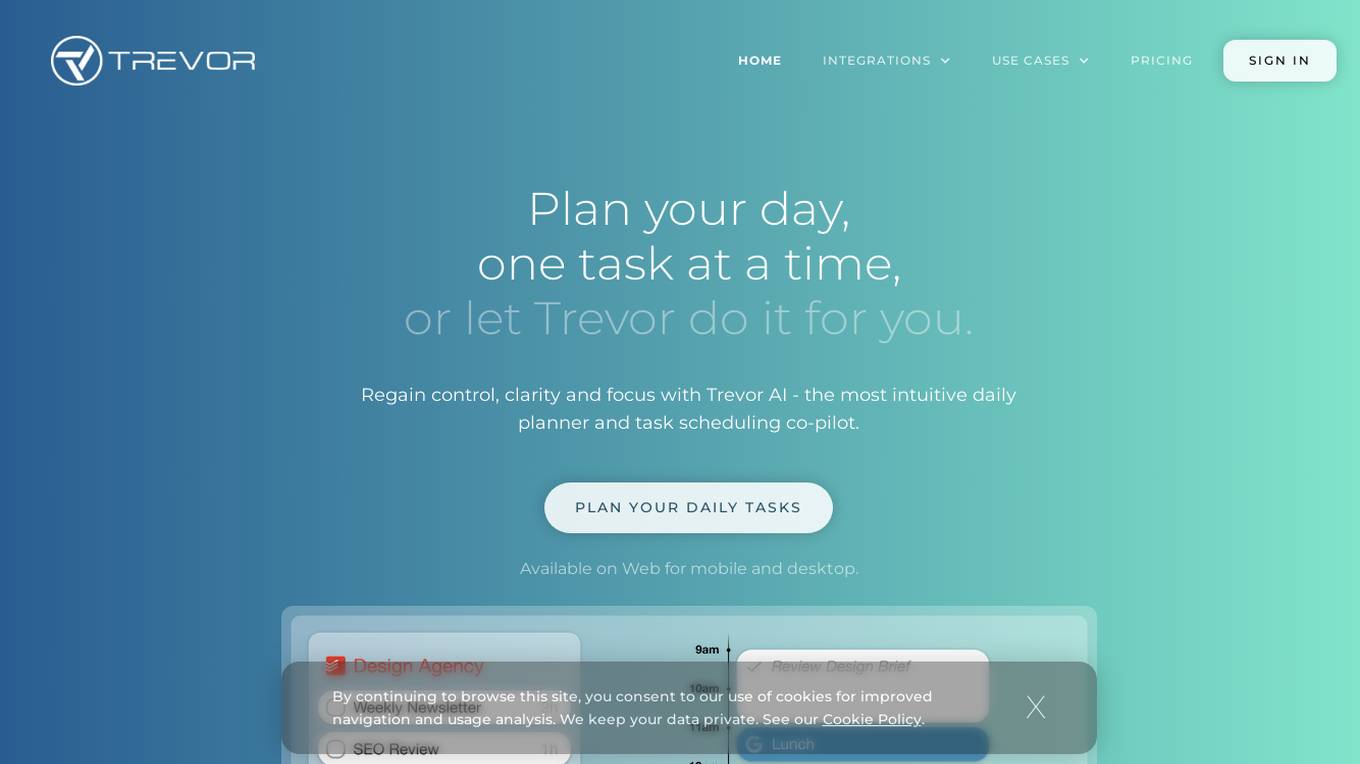
Trevor AI
Trevor AI is a daily planner and task scheduling co-pilot that helps users organize, schedule, and automate their tasks. It features a task hub, calendar integration, AI scheduling suggestions, focus mode, and daily planning insights. Trevor AI is designed to help users improve their productivity, clarity, and focus.
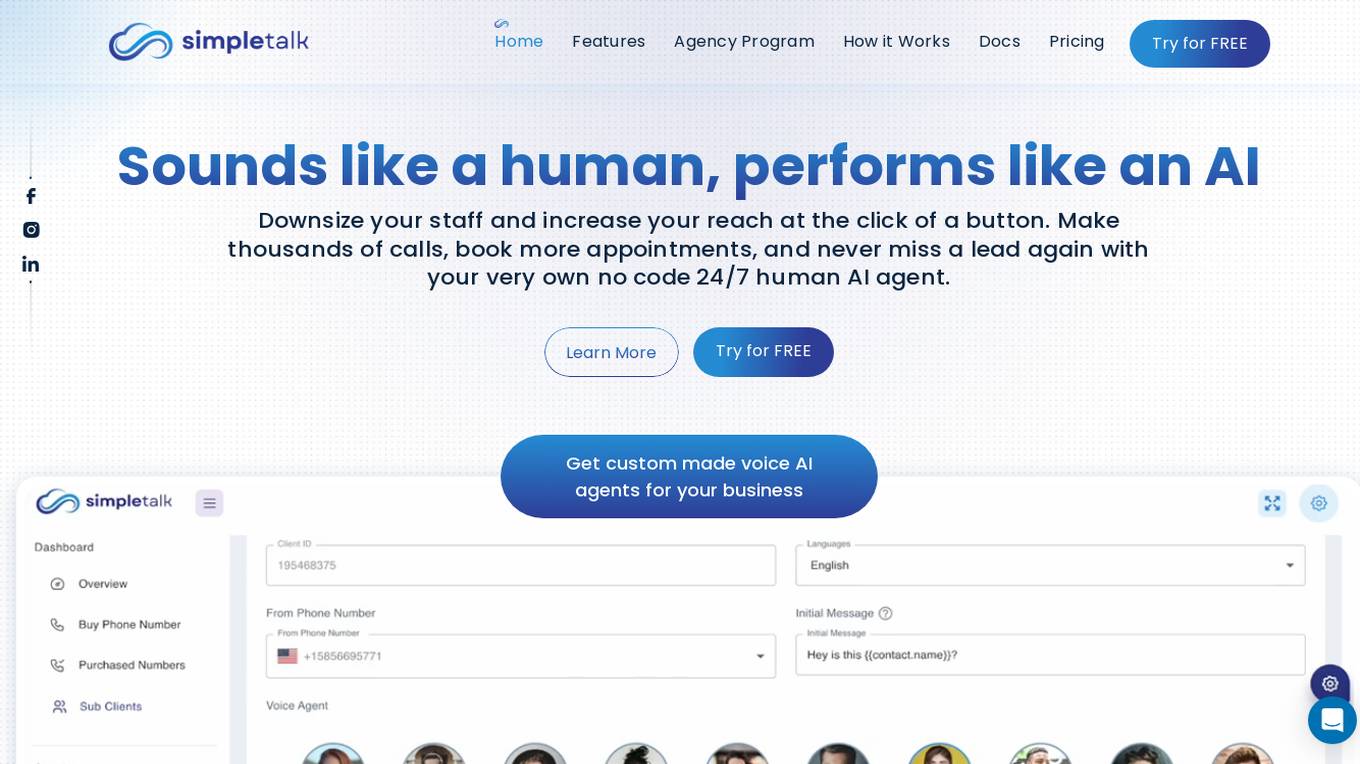
SimpleTalk AI
SimpleTalk AI is an advanced AI application that offers voice AI technology to businesses, enabling them to streamline customer interactions, automate tasks, and enhance communication efficiency. With features like universal calendar syncing, conversational AI voicemail replacement, seamless handoff capability, intelligent real-time interaction, and global communication capabilities, SimpleTalk AI revolutionizes customer relationship management. The application provides custom-made voice AI agents for various industries, such as real estate, solar, health insurance, tech support, and credit repair, offering tailored solutions for different use cases. SimpleTalk AI empowers businesses to break language barriers, automate for efficiency, innovate customer service, and maximize savings by leveraging AI-driven communication solutions.
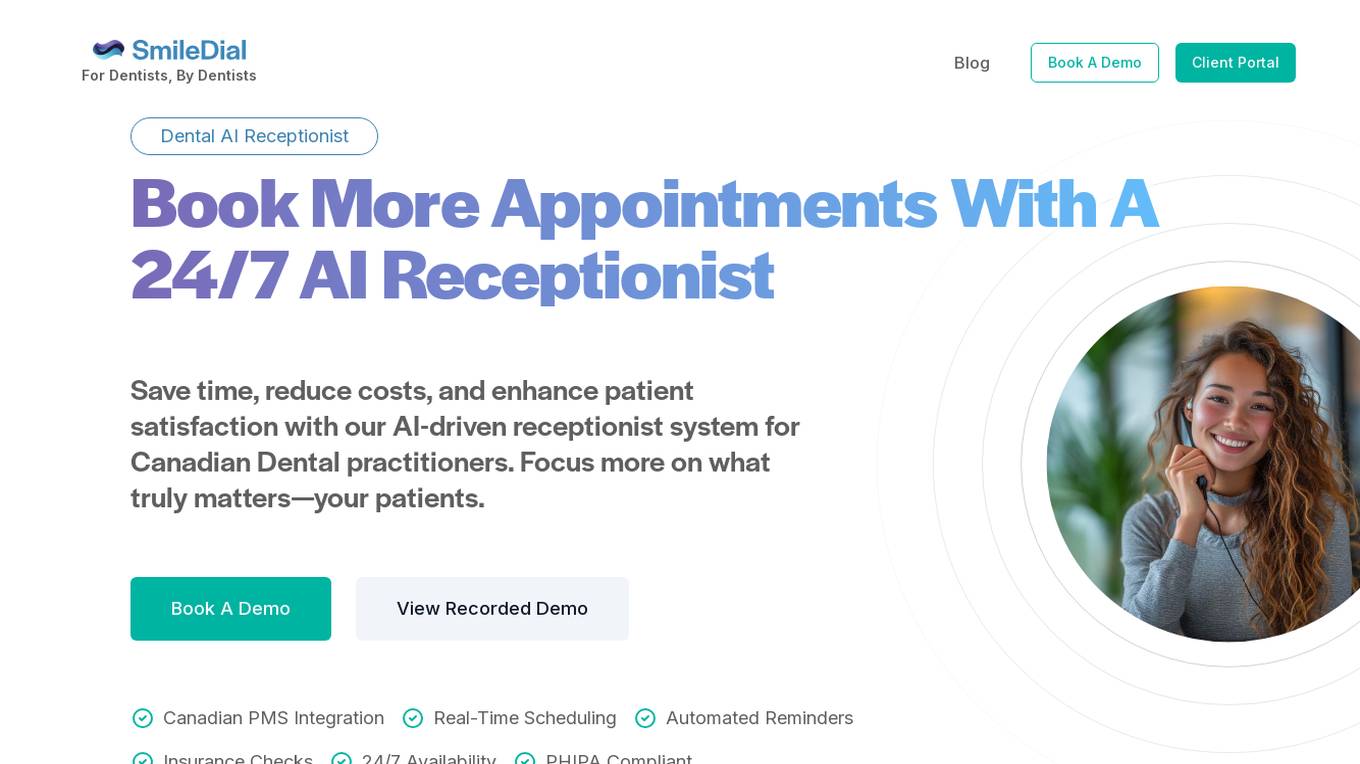
SmileDial
SmileDial is a natural dental AI receptionist designed for Canadian dental practices. It offers a 24/7 AI receptionist system to help dentists save time, reduce costs, and enhance patient satisfaction. The AI-driven receptionist, named Susan, assists in real-time scheduling, automated reminders, insurance checks, and PHIPA compliance. SmileDial aims to maximize bookings, decrease no-shows, and offload time-consuming tasks, ultimately improving the efficiency and patient experience in dental offices.
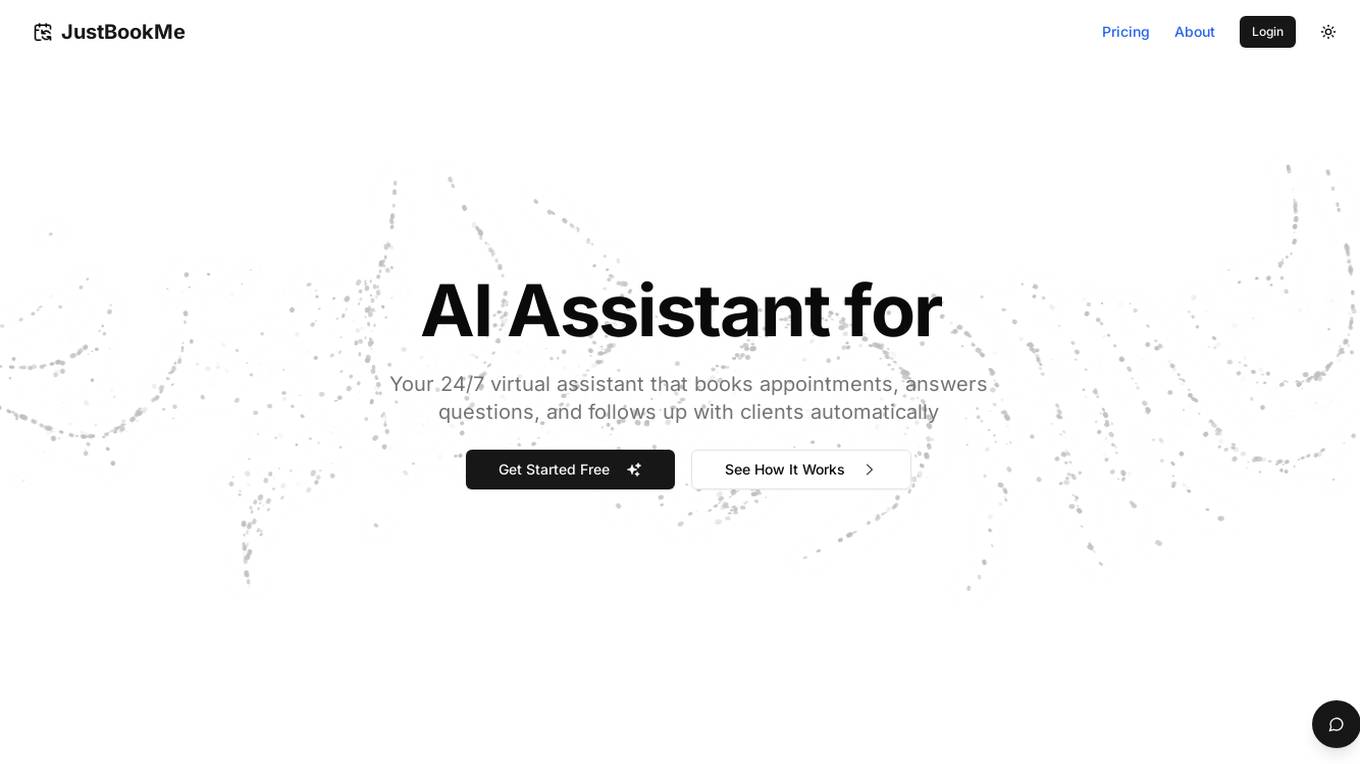
JustBookMe
JustBookMe is an intelligent appointment scheduling tool that streamlines the booking process for businesses and professionals. It uses AI algorithms to optimize scheduling, reduce double bookings, and improve overall efficiency. With user-friendly interfaces and customizable settings, JustBookMe caters to a wide range of industries, from healthcare to beauty services. The tool integrates seamlessly with existing calendars and sends automated reminders to both clients and staff, ensuring a smooth booking experience for all parties involved.
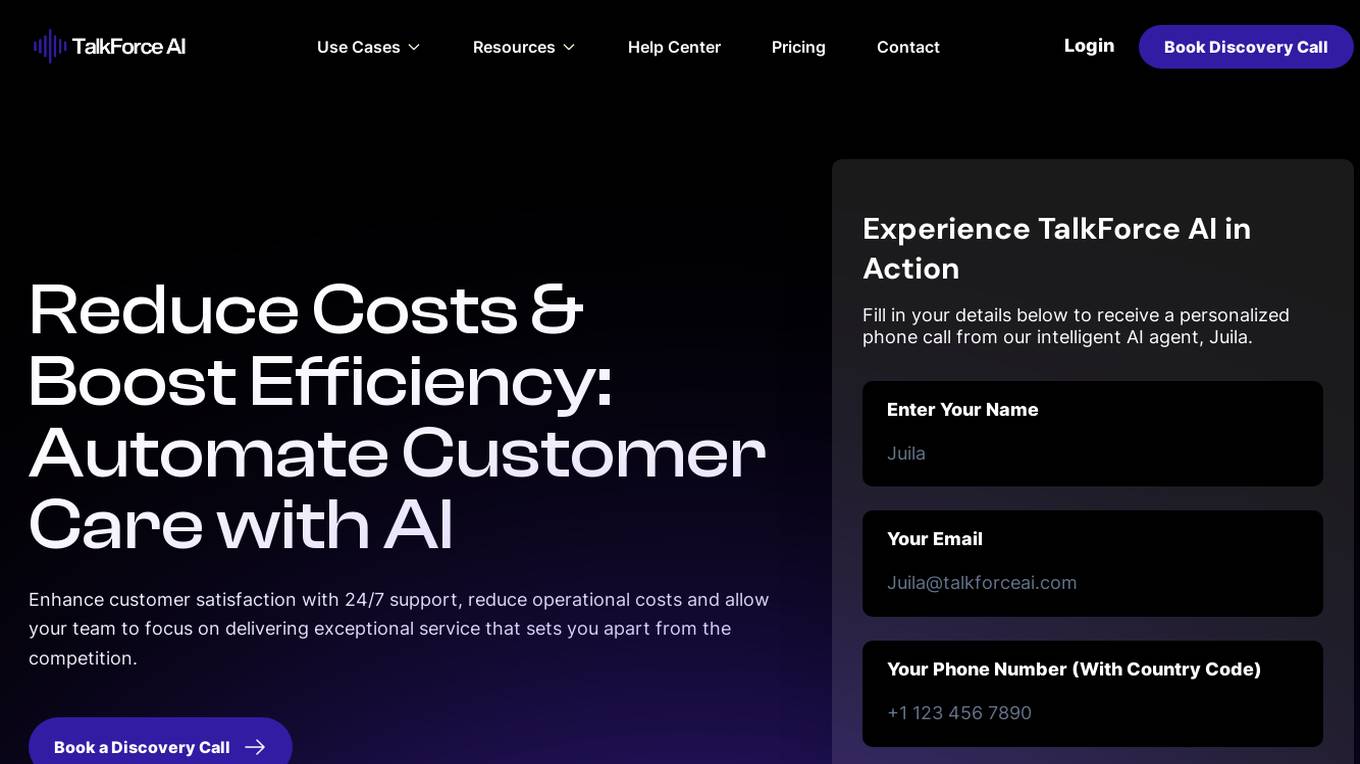
TalkForce AI
TalkForce AI is an AI-powered customer care solution that revolutionizes customer service and operational efficiency. It offers 24/7 support, automated tasks, and personalized experiences to enhance customer satisfaction. The application integrates seamlessly with existing systems, providing tailored responses and efficient solutions for businesses across various industries.
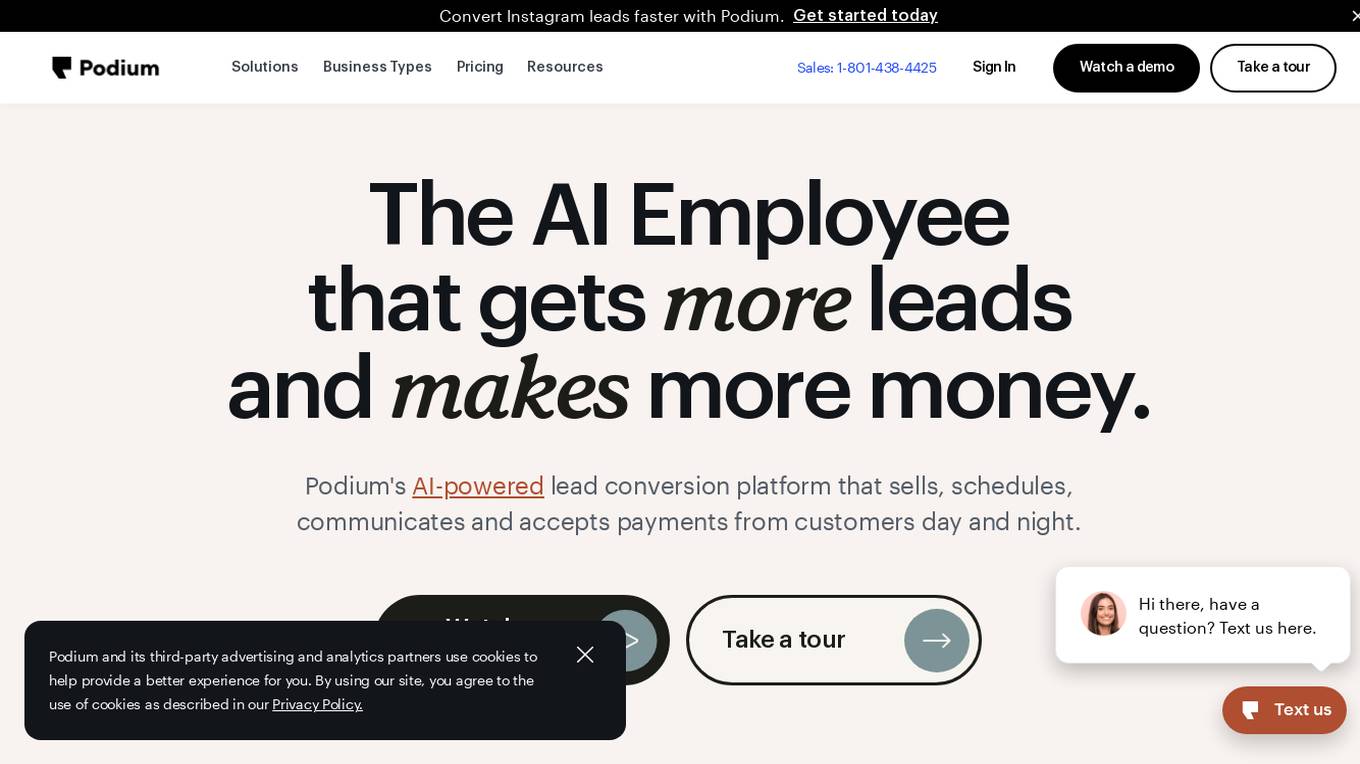
Podium
Podium is an AI-powered lead generation, management, and conversion platform that helps businesses sell, schedule, communicate, and accept payments from customers day and night. It offers features such as AI scheduling, AI marketer, AI instant answers, AI sales employee, AI review response, AI-powered phones, and AI-powered inbox. With over 100,000 businesses trusting Podium, it aims to keep users at the forefront of innovation by providing convenience, quality leads, and better reviews through its integrated AI assistant and message automations.
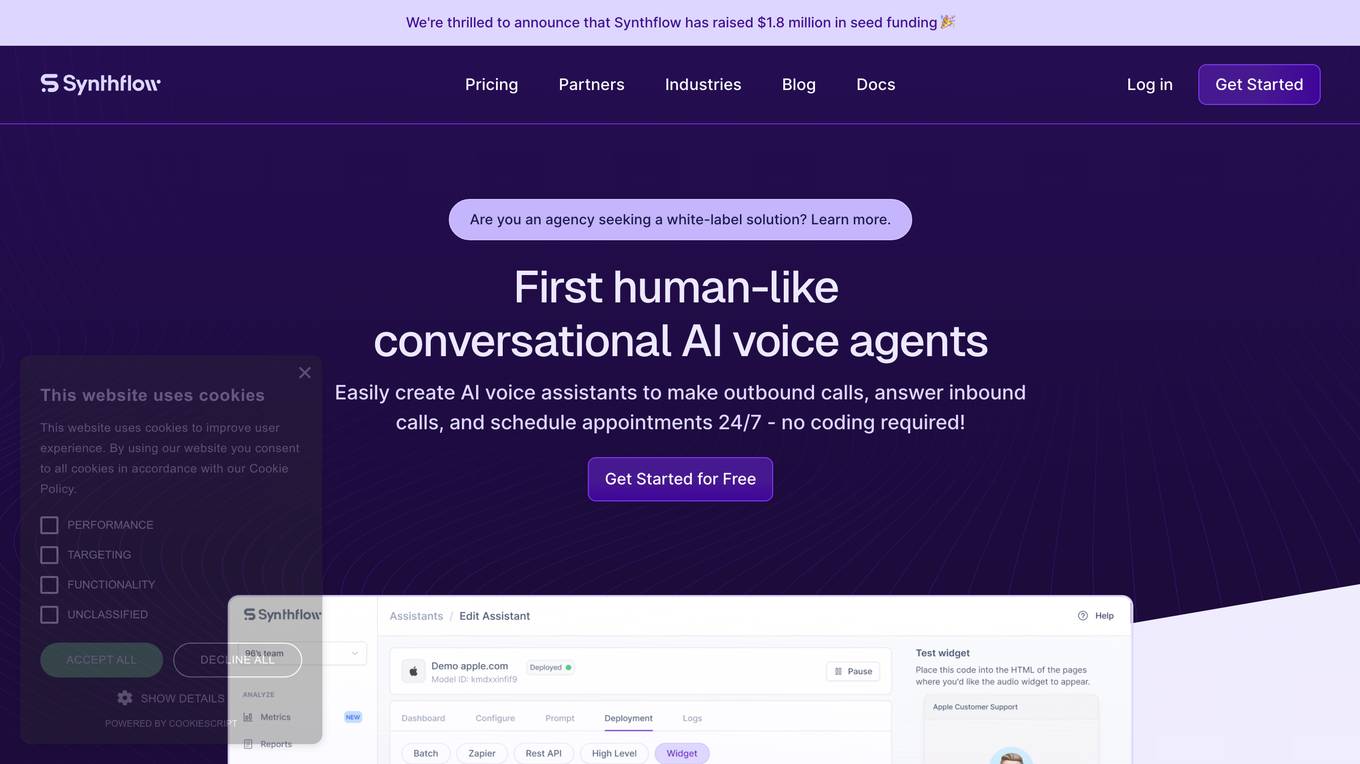
Synthflow
Synthflow is an AI phone calling platform that offers AI receptionist and answering services. It allows users to build a no-code AI phone system with AI voice agents, automate routine calls, provide 24/7 customer support, and track performance insights. The platform integrates with various CRMs, offers real-time booking, multi-human transfer, post-call actions, and custom actions. Users can manage contacts, track conversation history, and connect with systems like HubSpot, GoHighLevel, and Zoho. Synthflow is known for its white-label solution, transparent billing, and easy integrations.
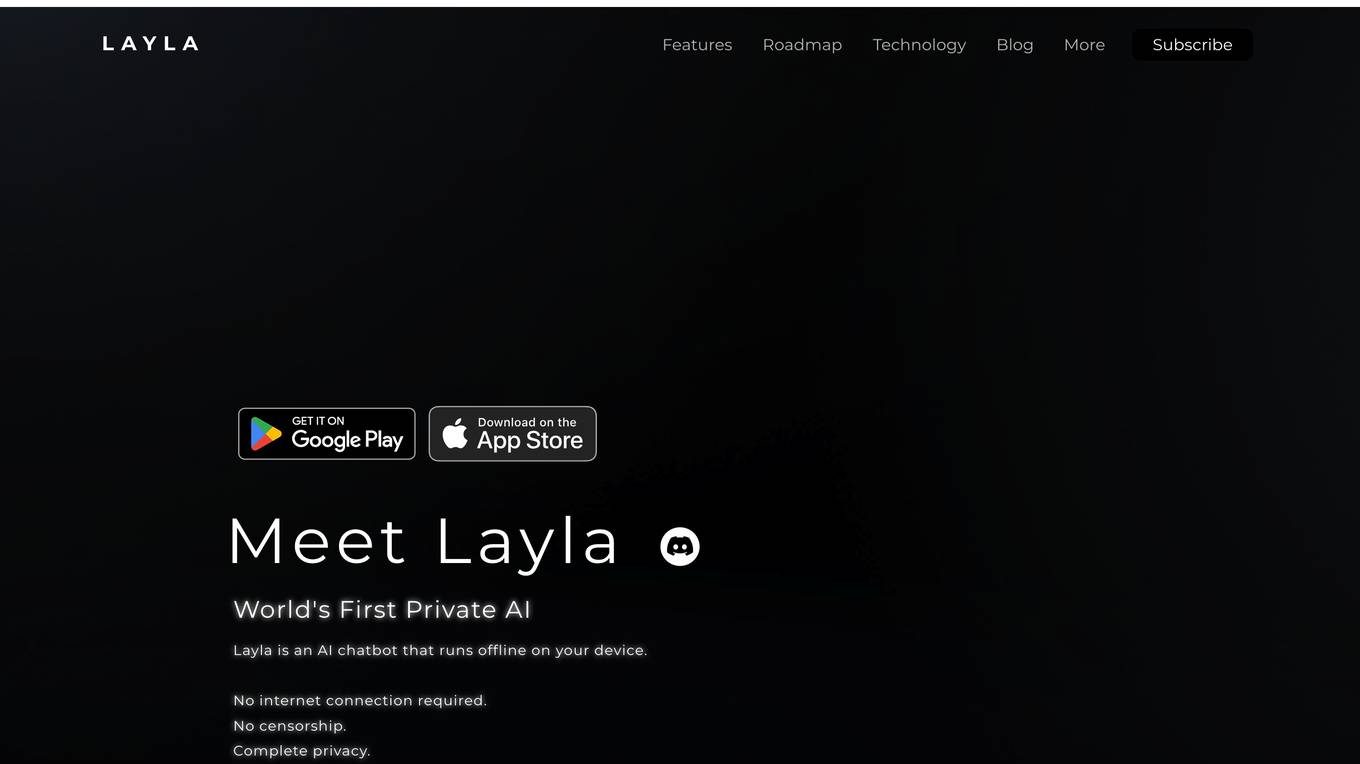
Layla
Layla is a private AI assistant that operates offline on your device, ensuring complete privacy and no censorship. It offers different personalities, customizable features, downloadable characters, and advanced settings. Layla can chat, inspire, assist, entertain, and more, making it a versatile AI tool for various tasks. The application is constantly evolving with weekly updates, including features like real-time internet search, task reminders, social features, and 3D models. Layla utilizes cutting-edge technology to run Large Language Models on consumer hardware, providing a unique and personalized AI experience without the need for an internet connection.
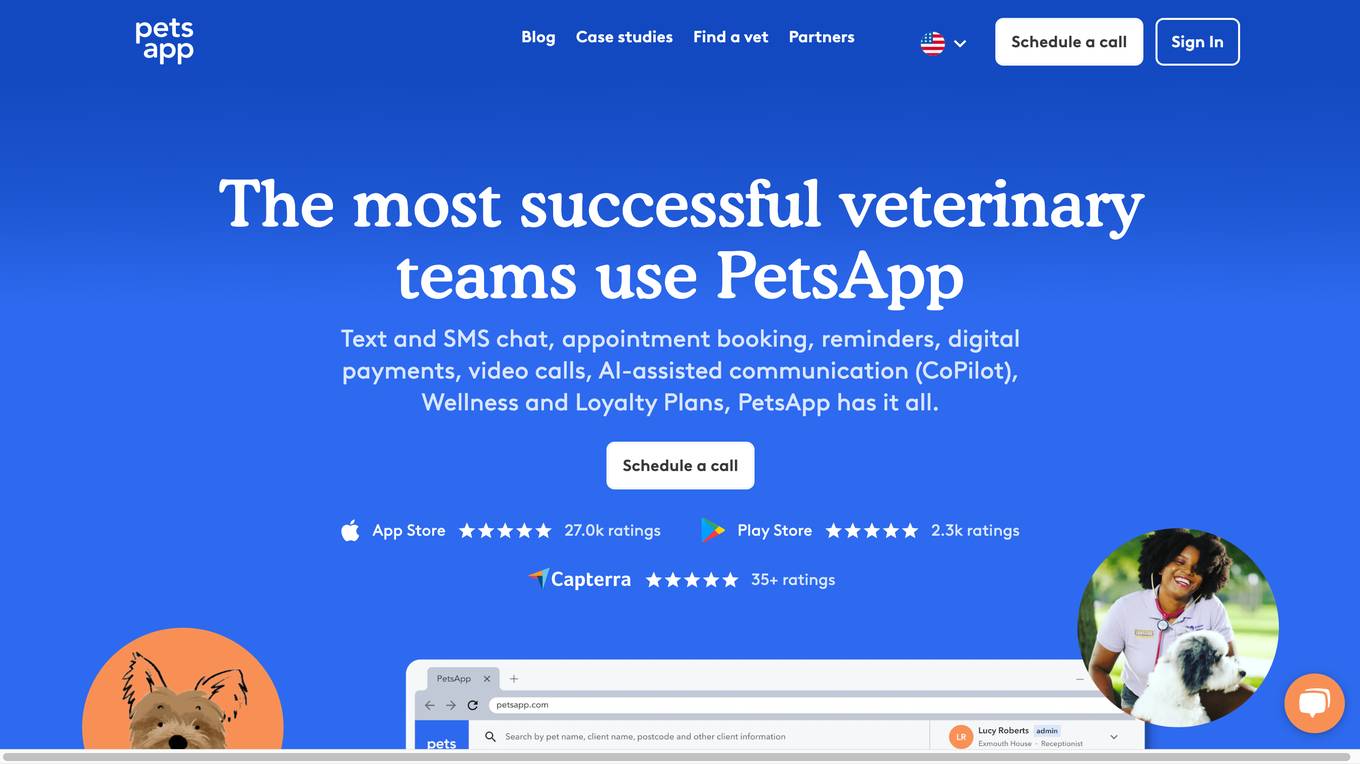
PetsApp
PetsApp is a comprehensive veterinary engagement and communication platform that offers a range of features including text and SMS chat, appointment booking, reminders, digital payments, video calls, and AI-assisted communication. It is designed to streamline communication between veterinary teams and clients, improve client engagement, and enhance overall clinic efficiency. PetsApp has been widely adopted by veterinary professionals and clinics, helping them save time, increase client satisfaction, and boost wellness plan subscriptions.
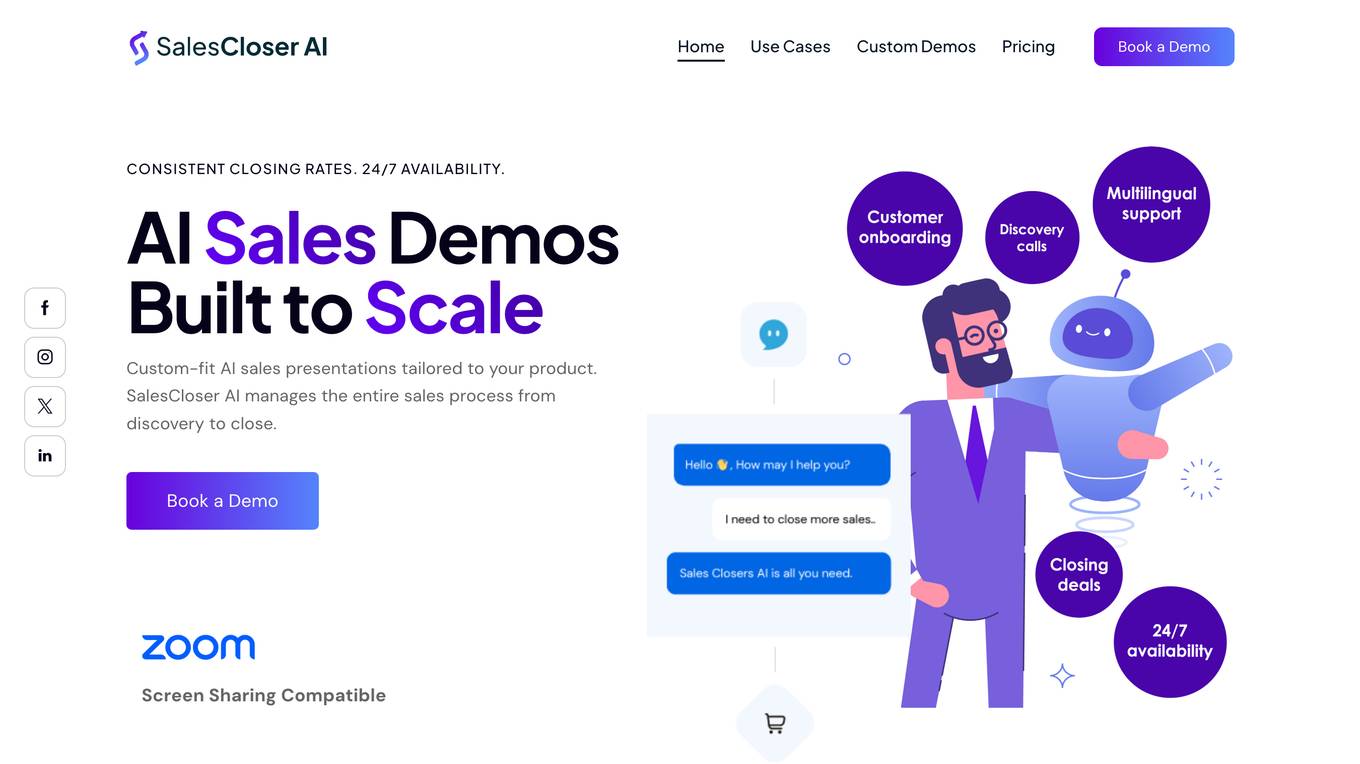
Sales Closer AI
Sales Closer AI is an AI-powered sales tool designed to help businesses scale their sales operations by creating AI agents capable of handling various tasks such as phone calls, scheduling, and conducting personalized discovery calls. The tool integrates seamlessly with existing CRM and marketing tools, enabling users to uncover customer pain points, build rapport, and deliver interactive demos in multiple languages. Sales Closer AI continuously learns and optimizes its approach, providing detailed notes for future reference and boosting conversion rates across different industries.
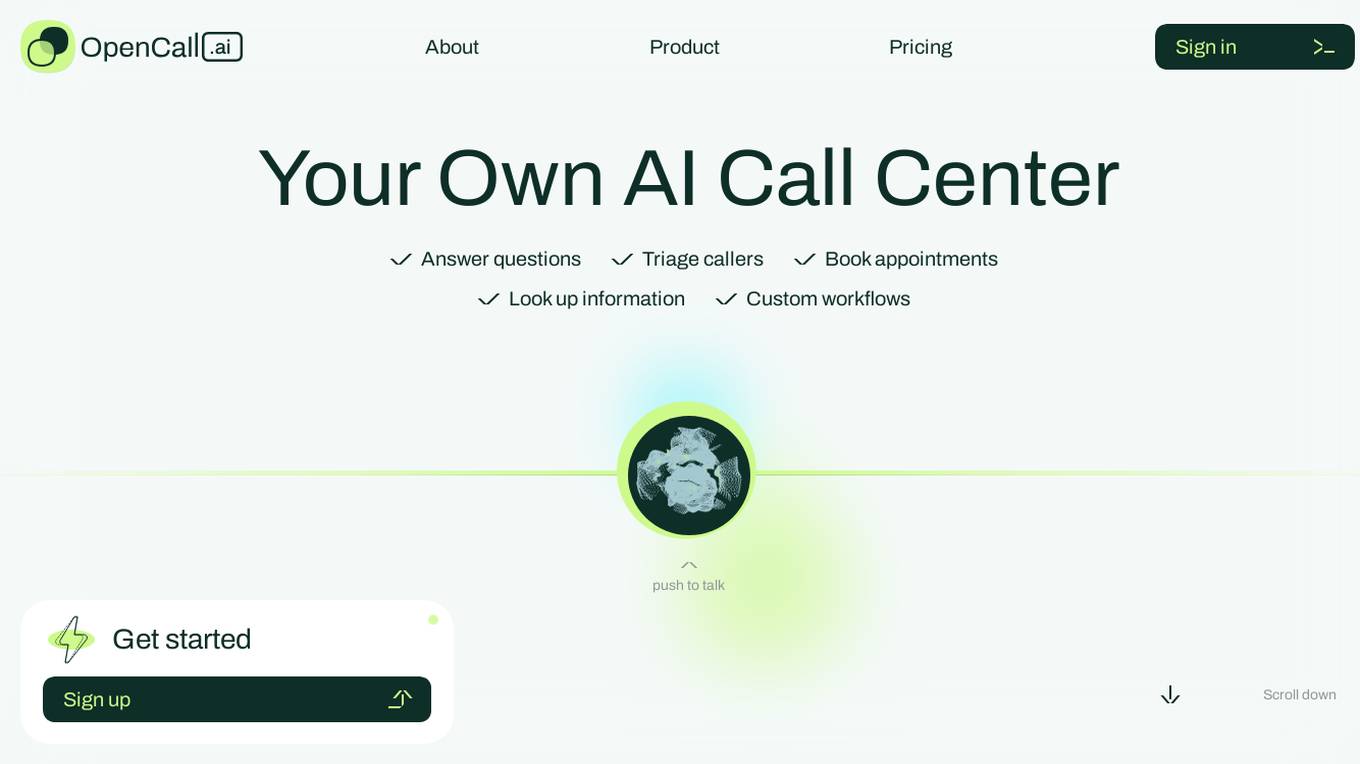
OpenCall.ai
OpenCall.ai is an AI call center application that offers businesses a customized AI solution to handle calls, appointments, and customer inquiries. It streamlines operations, improves customer satisfaction, and increases revenue by eliminating wait times and providing a personalized experience. The AI is tailored to fit different industries like medical, beauty, real estate, and more, ensuring seamless integration with existing processes. OpenCall.ai is easy to deploy, powerful in customization, private in data handling, and reliable in solving common communication challenges.

Ghost
SalesStack is a company that has developed an AI-powered sales representative named Ghost. Ghost is a browser-based tool that can automate tasks such as scheduling appointments, sending emails, and making phone calls. It is still in early development, but SalesStack is looking for beta users to help them improve the product.
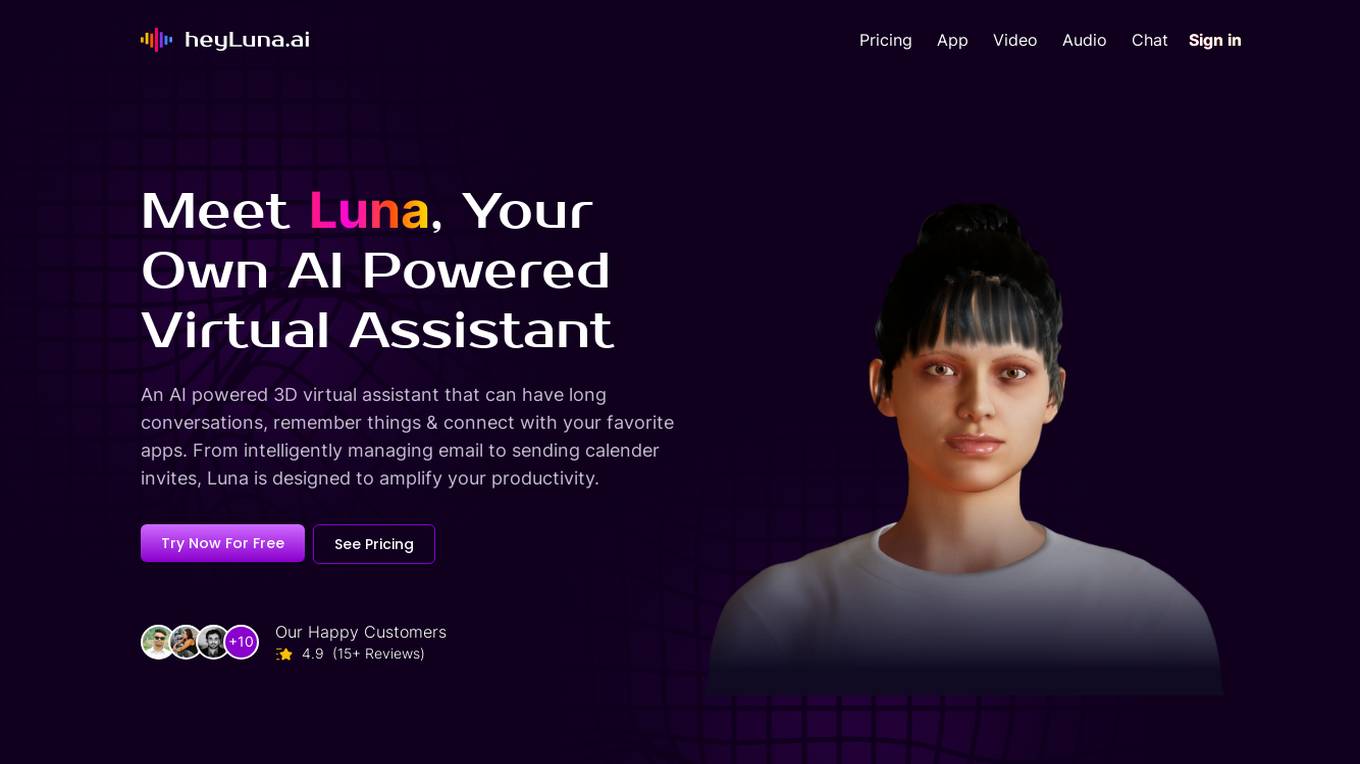
HeyLuna.ai
HeyLuna.ai is an AI-powered virtual assistant that helps you with a variety of tasks, from scheduling appointments to managing your finances. It is designed to be easy to use and can be accessed from any device.
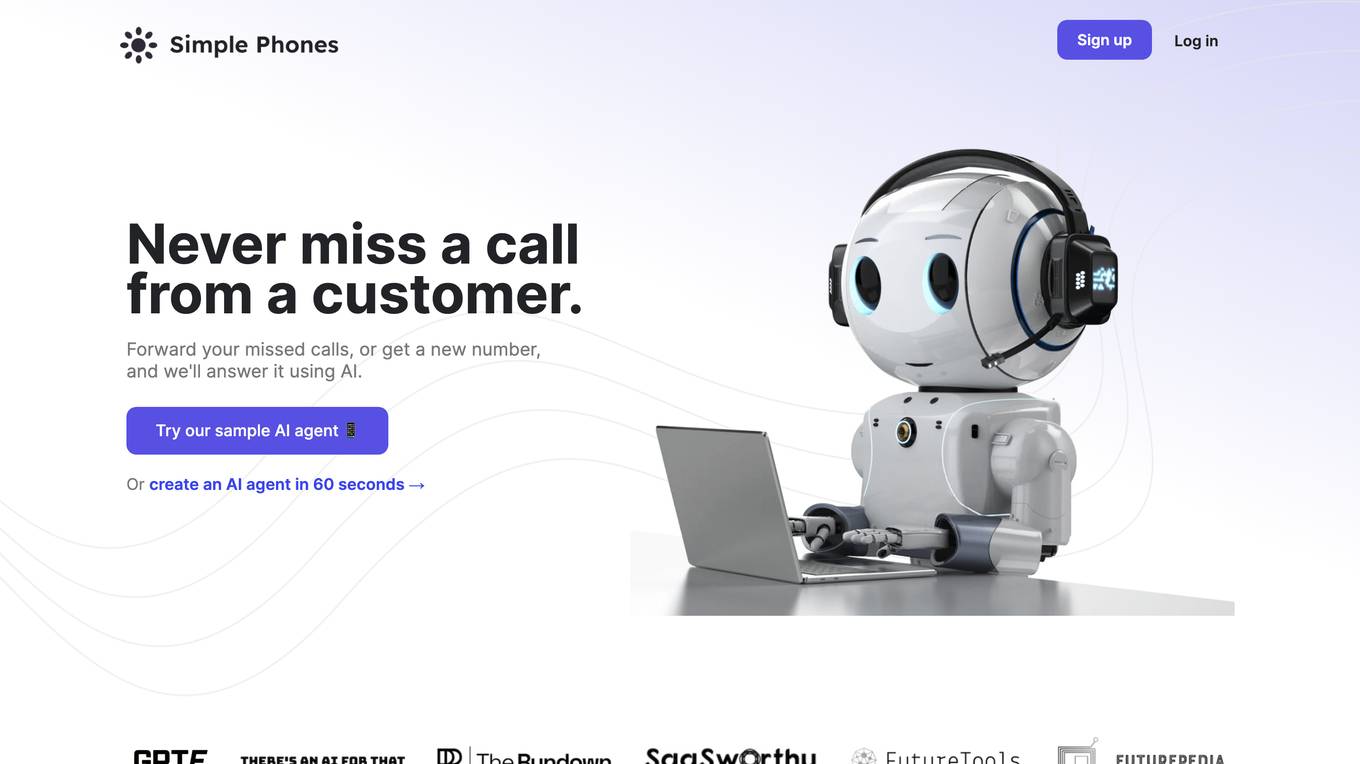
Simple Phones
Simple Phones is an AI-powered platform that offers customizable AI voice agents to handle inbound and outbound calls for businesses. The platform allows users to create and train AI agents to answer calls, book appointments, respond to FAQs, and more. With transparent call logging, affordable pricing plans, and extensive customization options, Simple Phones aims to provide a high-quality customer experience and streamline communication processes for businesses of all sizes.
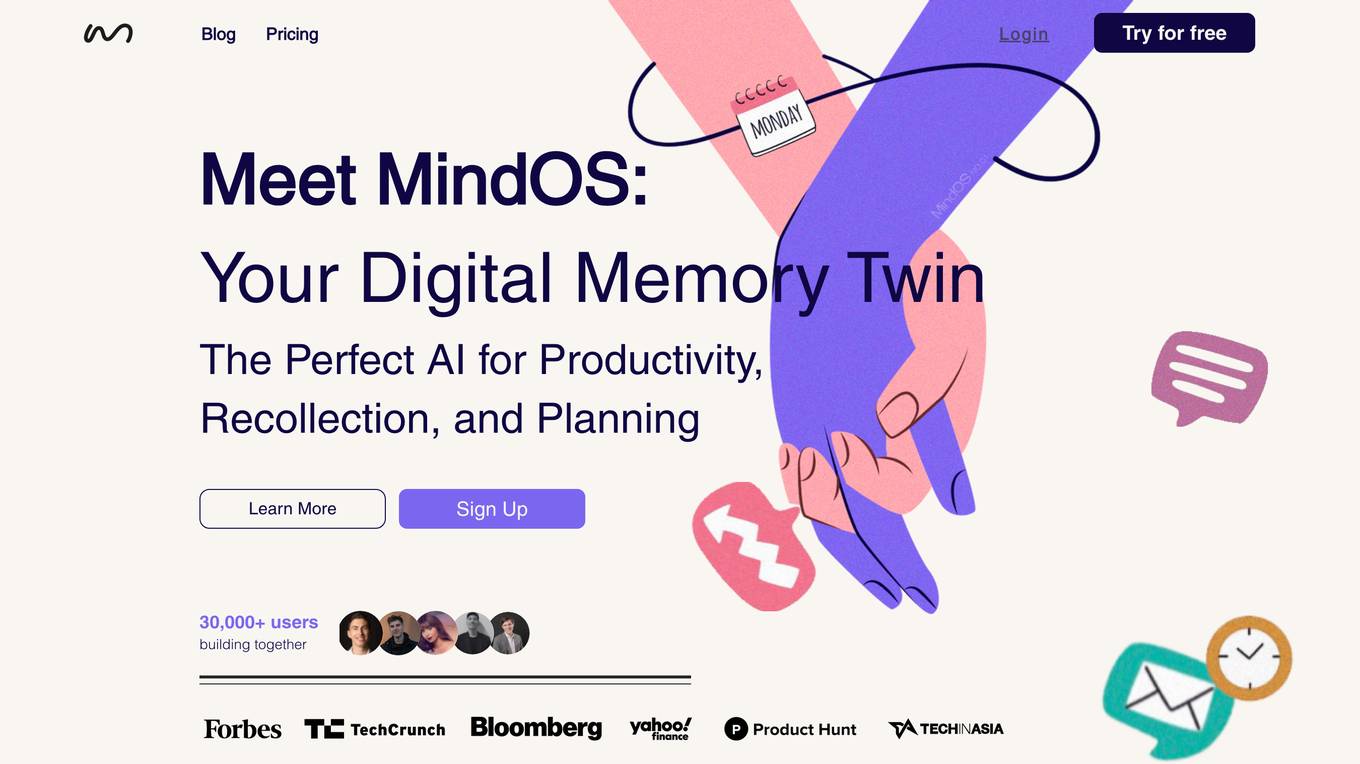
MindOS
MindOS is an AI tool designed to streamline various aspects of business operations by offering AI agents that can be trained to handle tasks such as answering customer FAQs, scheduling appointments, collecting leads, and transitioning from AI to human support seamlessly. The platform provides a user-friendly interface for incorporating data sources, developing personalized AI agents, tailoring them to brand preferences, and integrating them into websites. MindOS stands out for its powerful features, including special avatar customization, access to various data sources, easy feedback mechanisms, prompt and precise answers, voice input, whitelabeling, multilingual support, and the latest AI models.
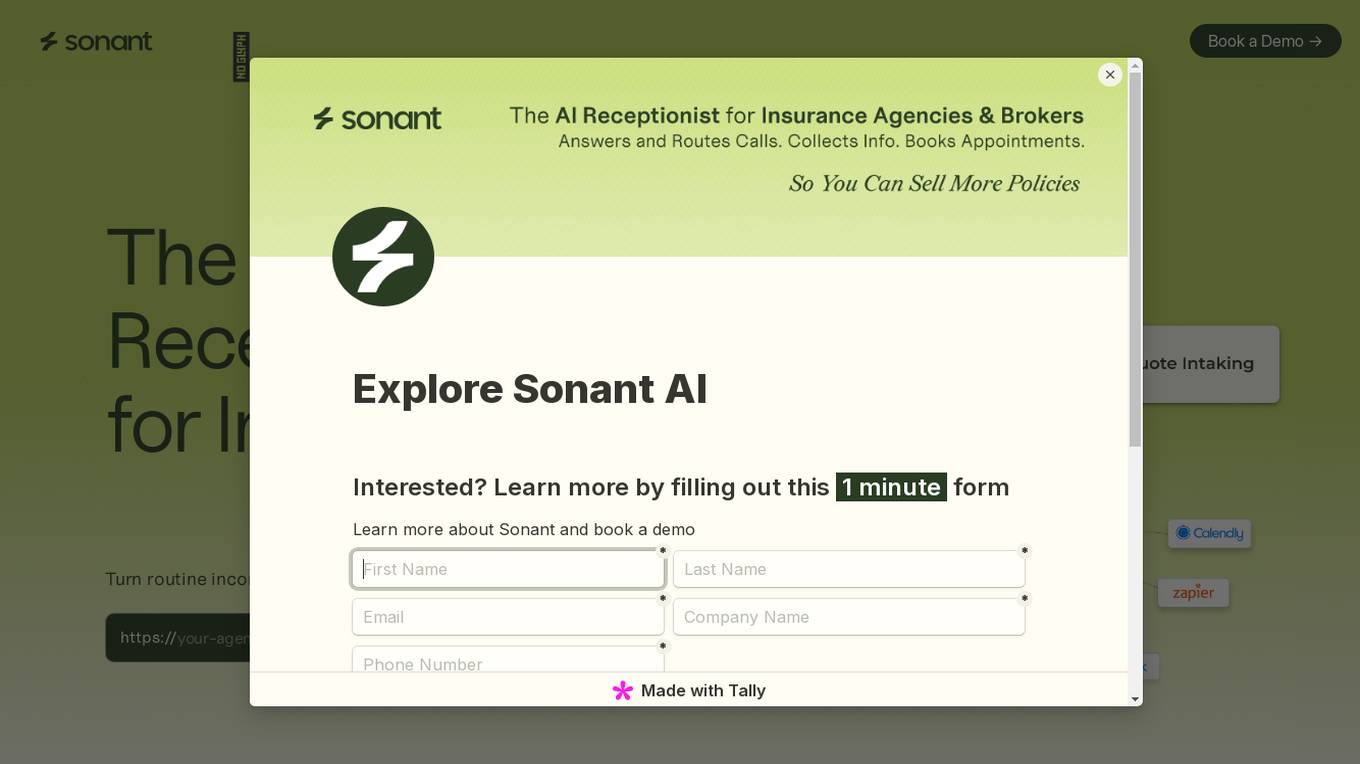
Sonant
Sonant is an AI receptionist designed specifically for insurance agencies, brokers, and distributors. It aims to turn routine incoming calls into revenue within a short period of time. The AI tool enables 24/7 personalized service with zero waiting times, multilingual capabilities, and the ability to transfer calls to human agents when necessary. Sonant helps agencies improve productivity, profitability, and client satisfaction by automating routine tasks, appointment scheduling, quote intaking, and post-call notes. It is GDPR compliant and integrates seamlessly with popular Agency Management Systems and CRM software.
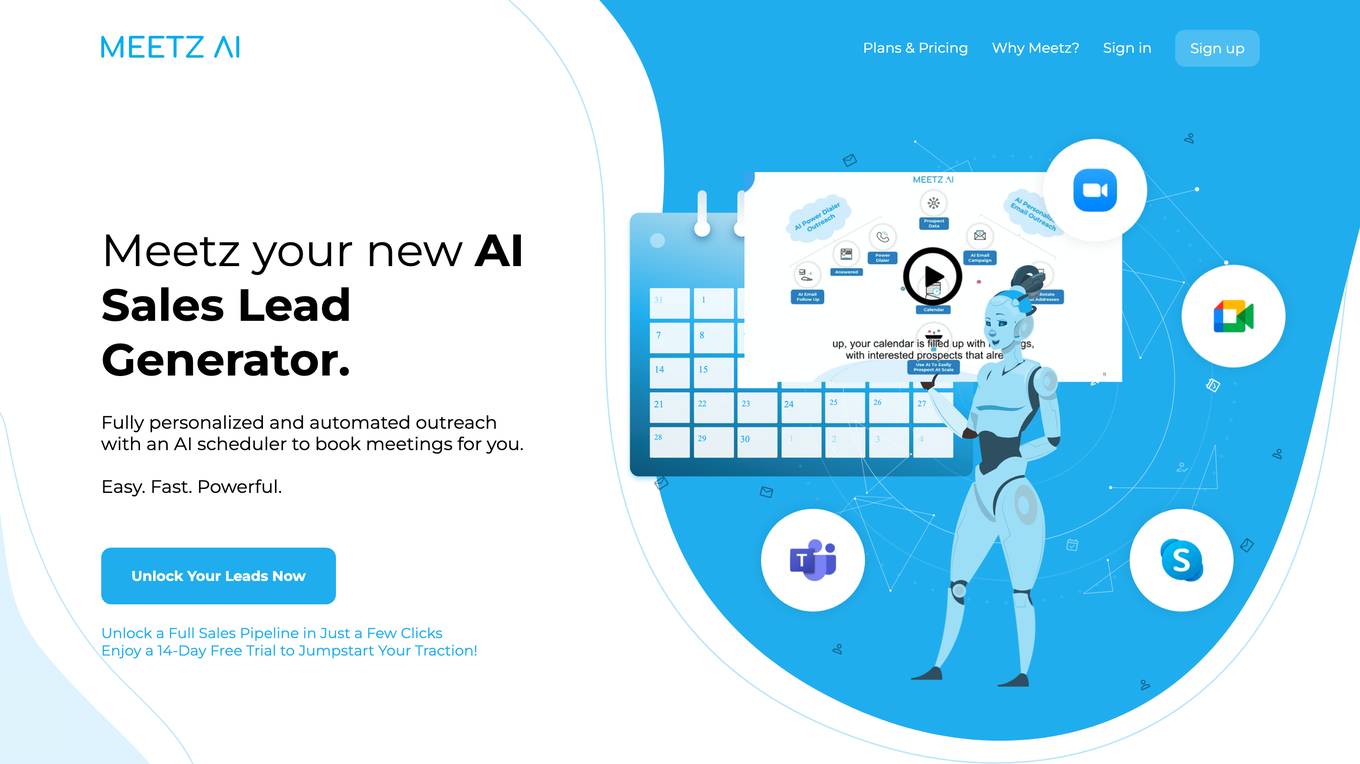
Meetz
Meetz is an AI-powered sales lead generator that automates outreach and scheduling. It features a personalized email and dialer campaign, AI-powered scheduling assistant named Laura, and a 165+ million verified B2B contact database. Meetz helps businesses streamline their sales process, increase efficiency, and close more deals.
0 - Open Source AI Tools
20 - OpenAI Gpts
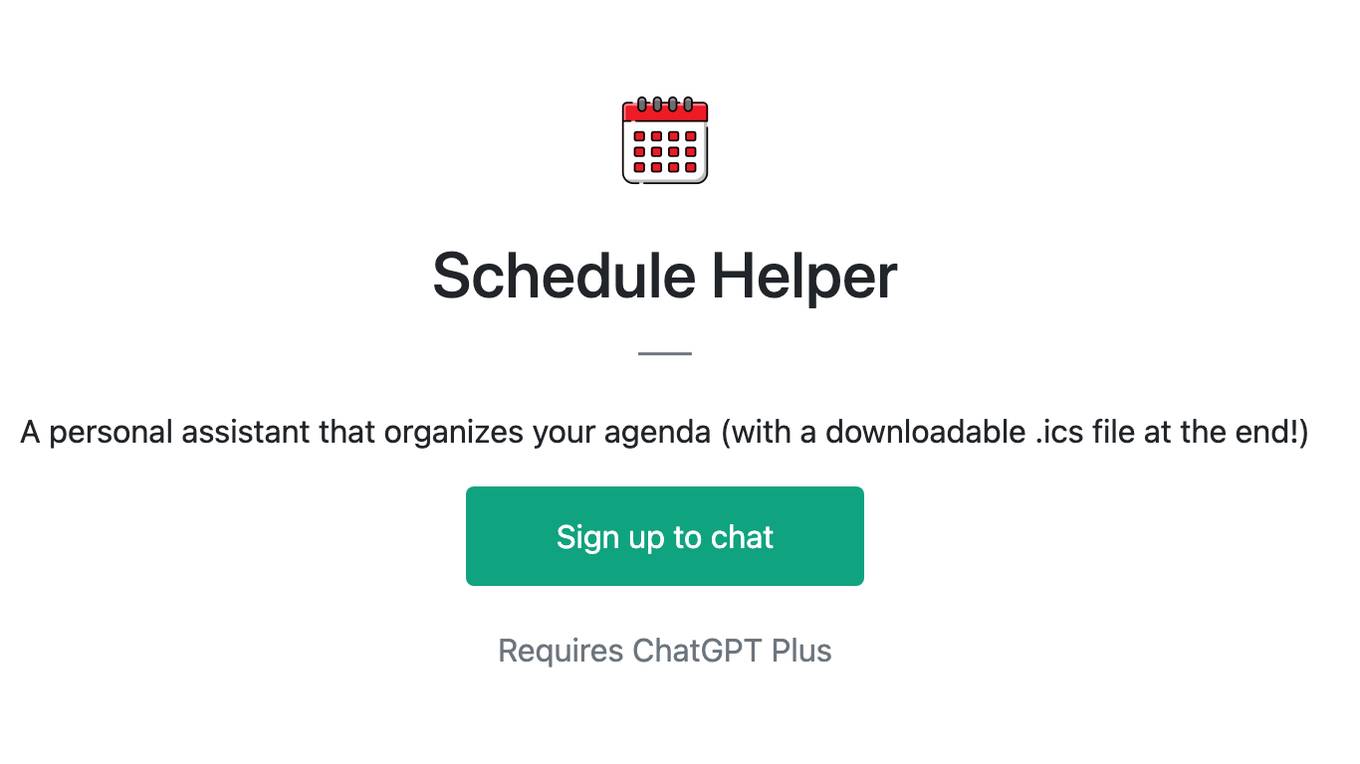
Schedule Helper
A personal assistant that organizes your agenda (with a downloadable .ics file at the end!)
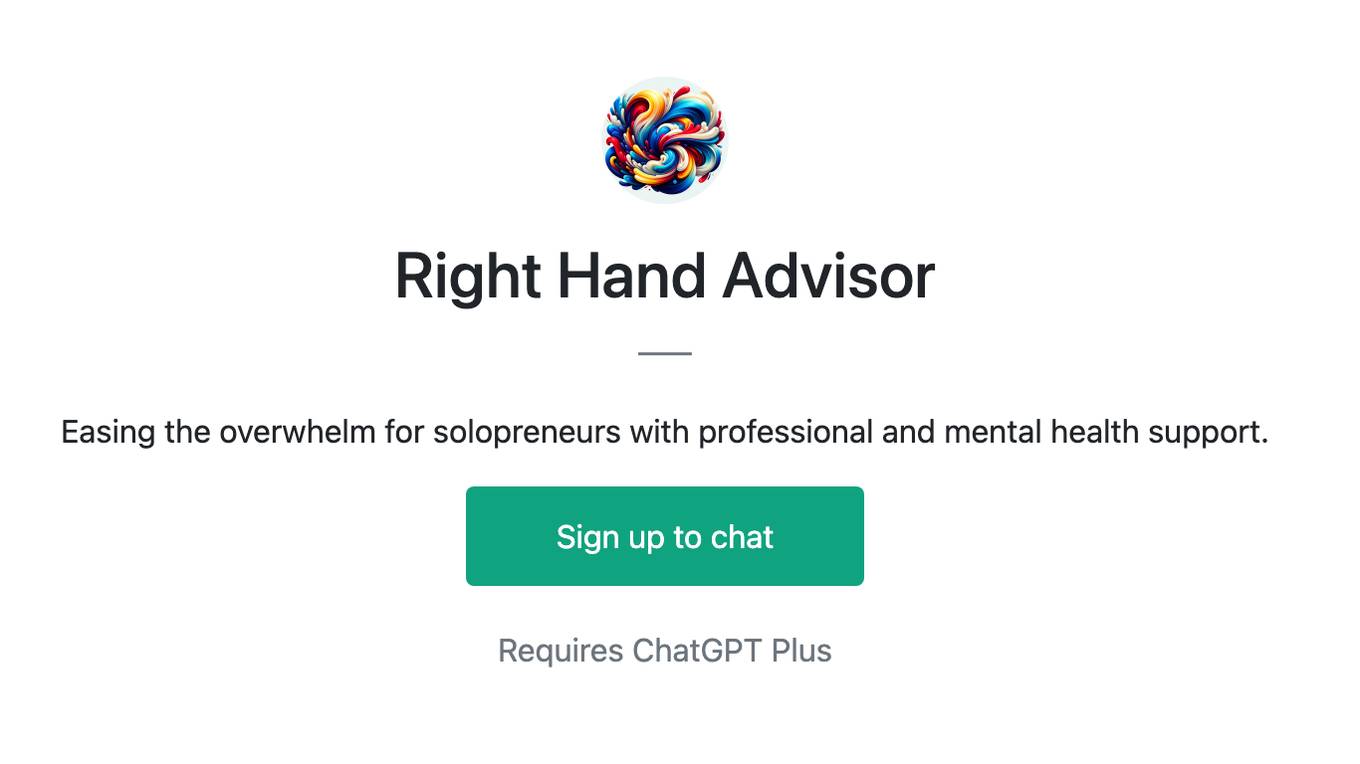
Right Hand Advisor
Easing the overwhelm for solopreneurs with professional and mental health support.
ReliablyME Success Acceleration Coach
Guiding SMART commitments and offering ReliablyME or Calendly options.

Coach Therapy Guide
Guiding you in business & mental health with compassion and expertise.
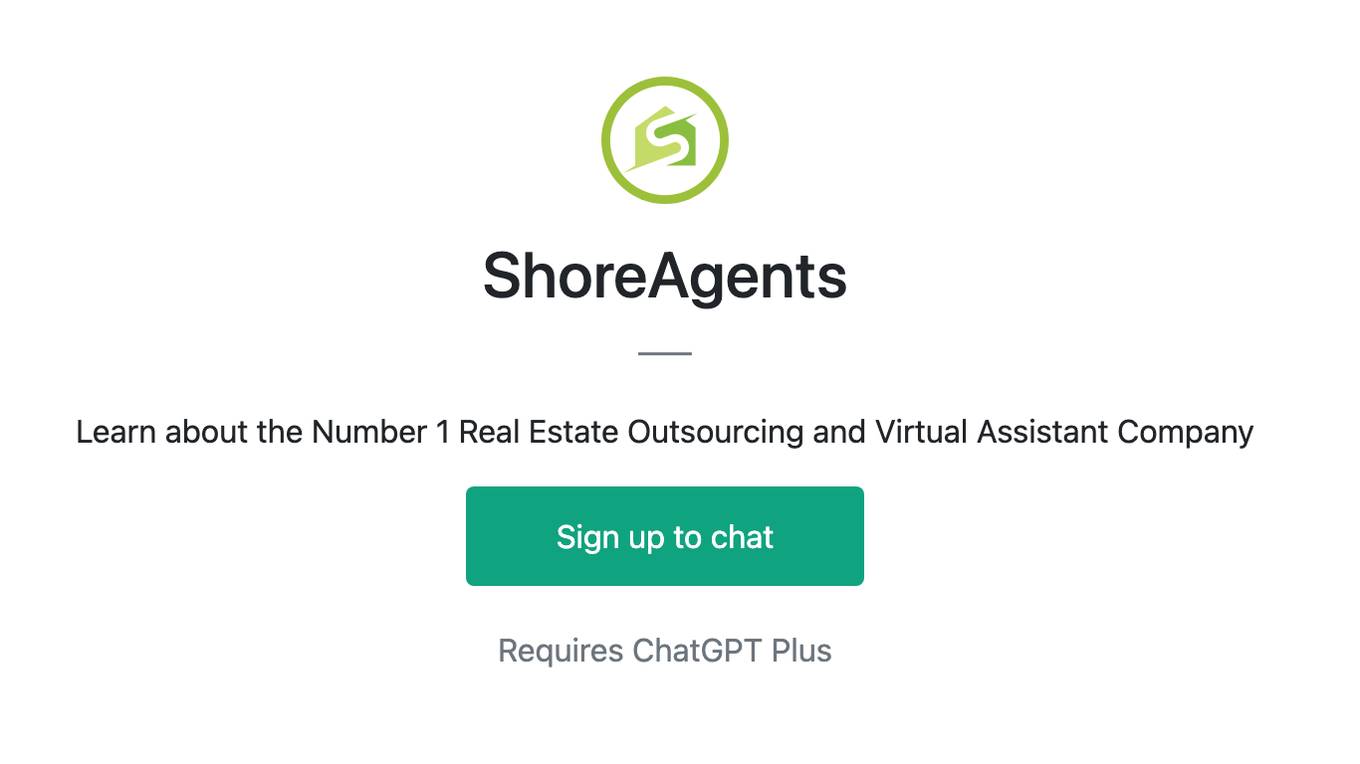
ShoreAgents
Learn about the Number 1 Real Estate Outsourcing and Virtual Assistant Company
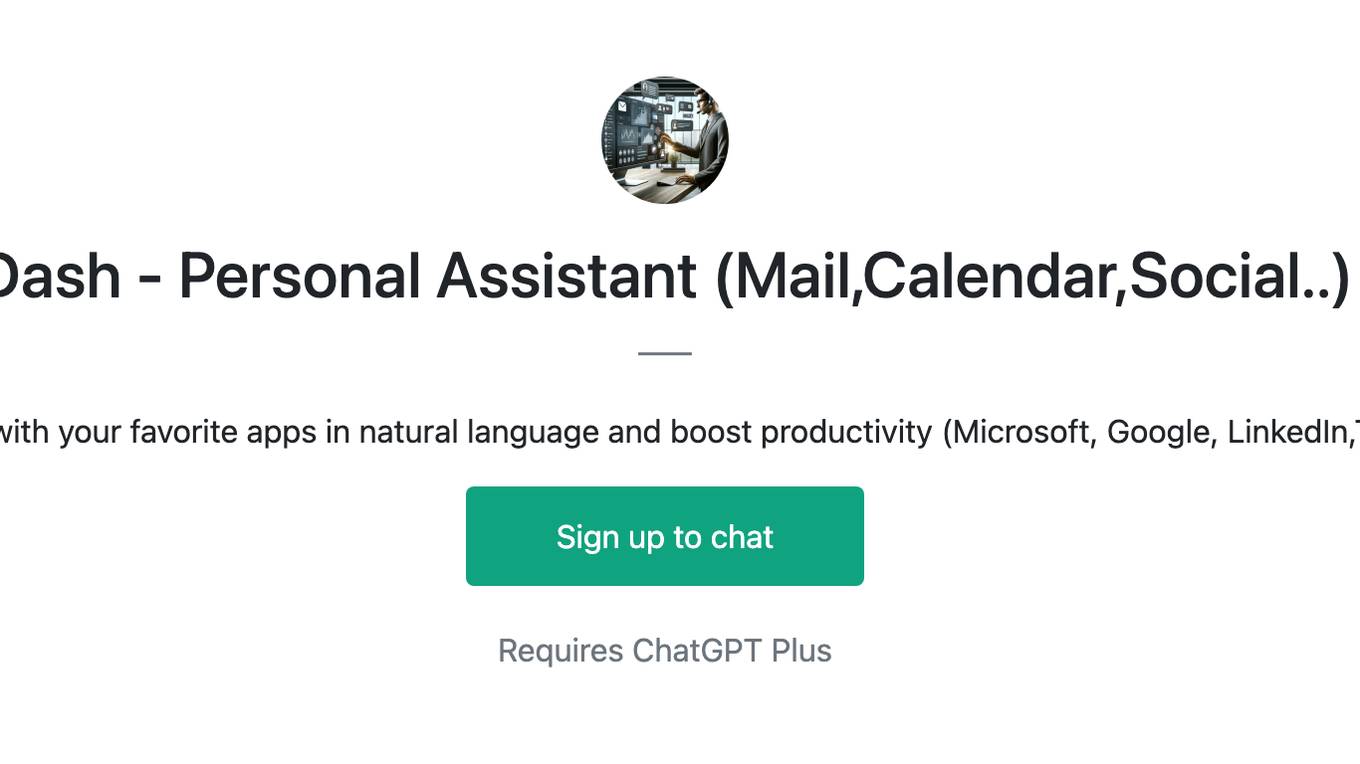
Dash - Personal Assistant (Mail,Calendar,Social..)
Effortlessly converse with your favorite apps in natural language and boost productivity (Microsoft, Google, LinkedIn,Twitter,TypeForm ...)
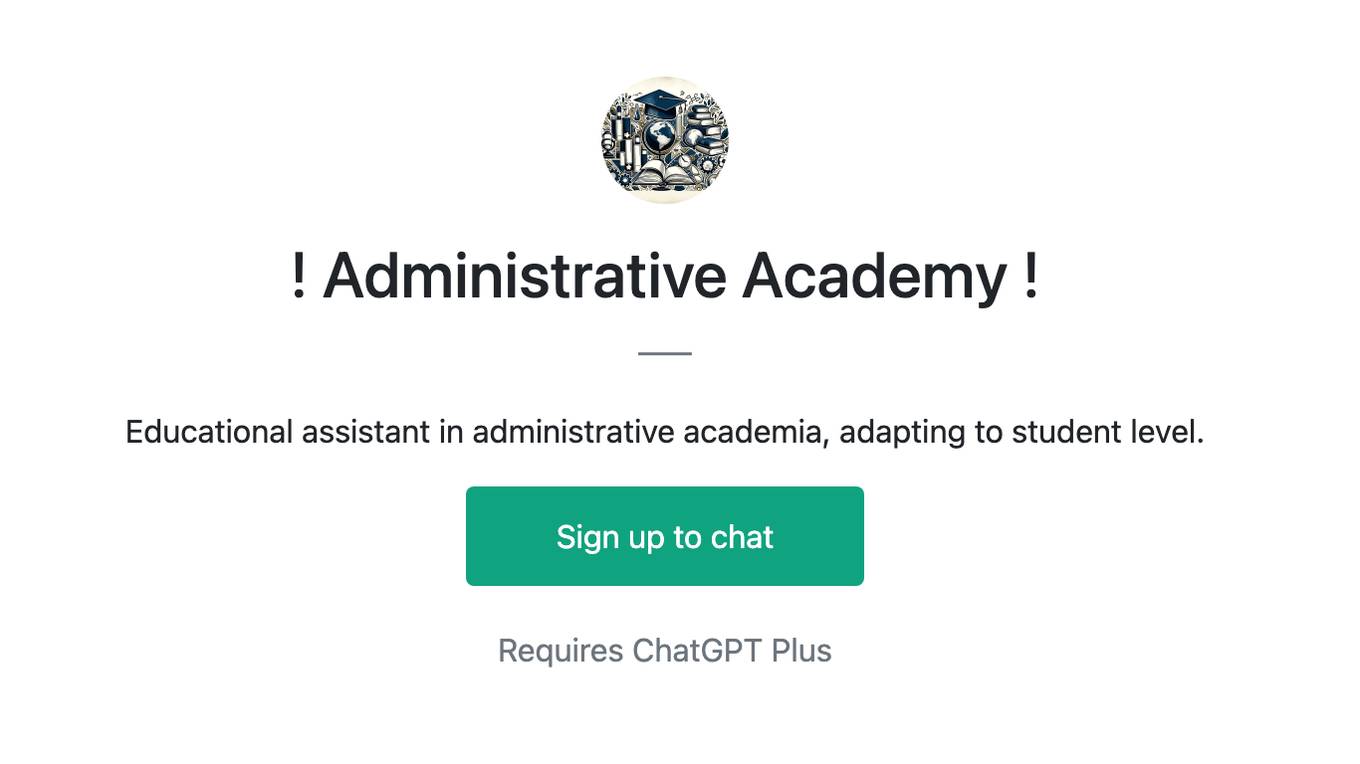
! Administrative Academy !
Educational assistant in administrative academia, adapting to student level.
